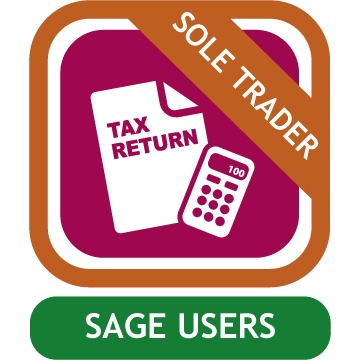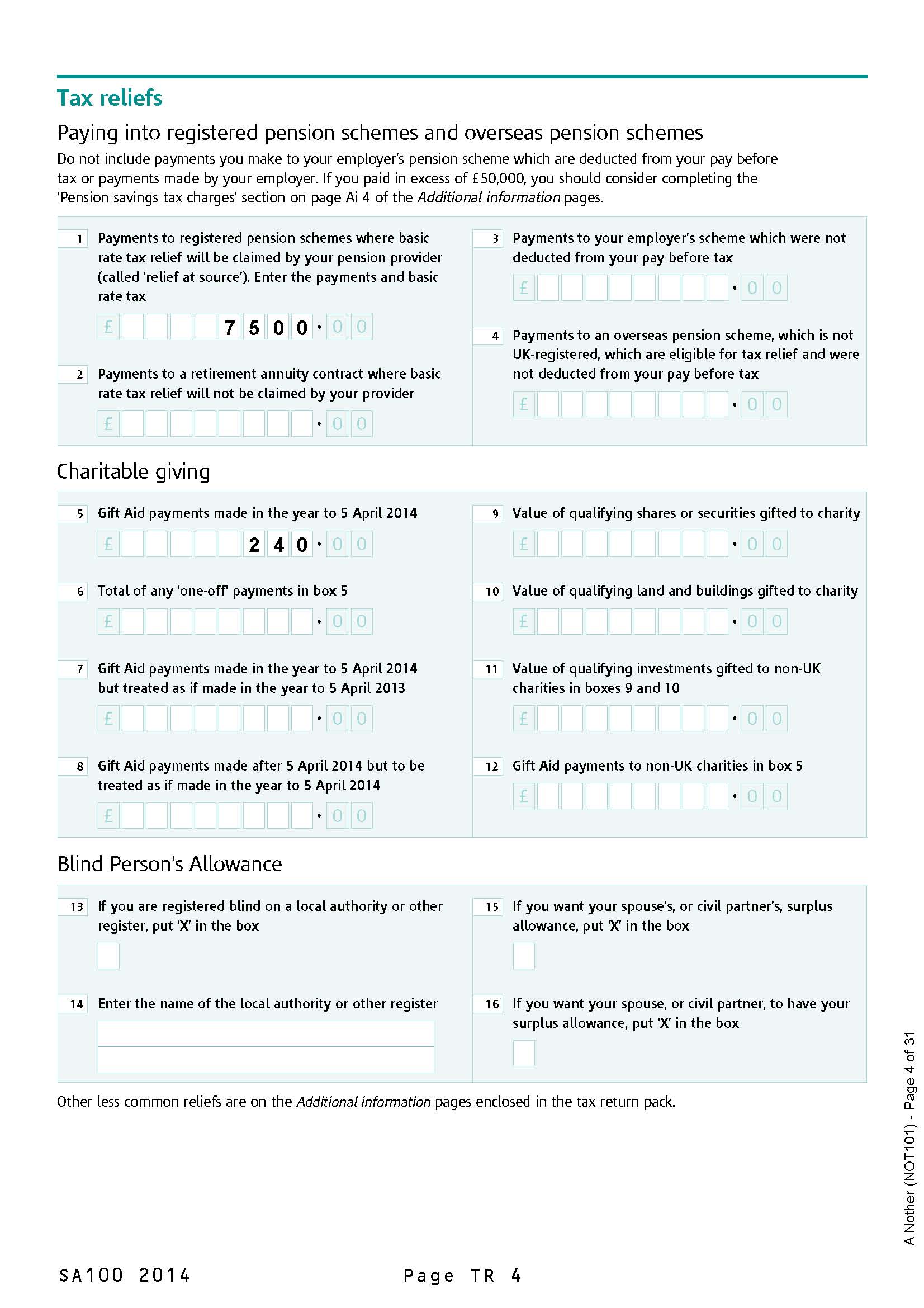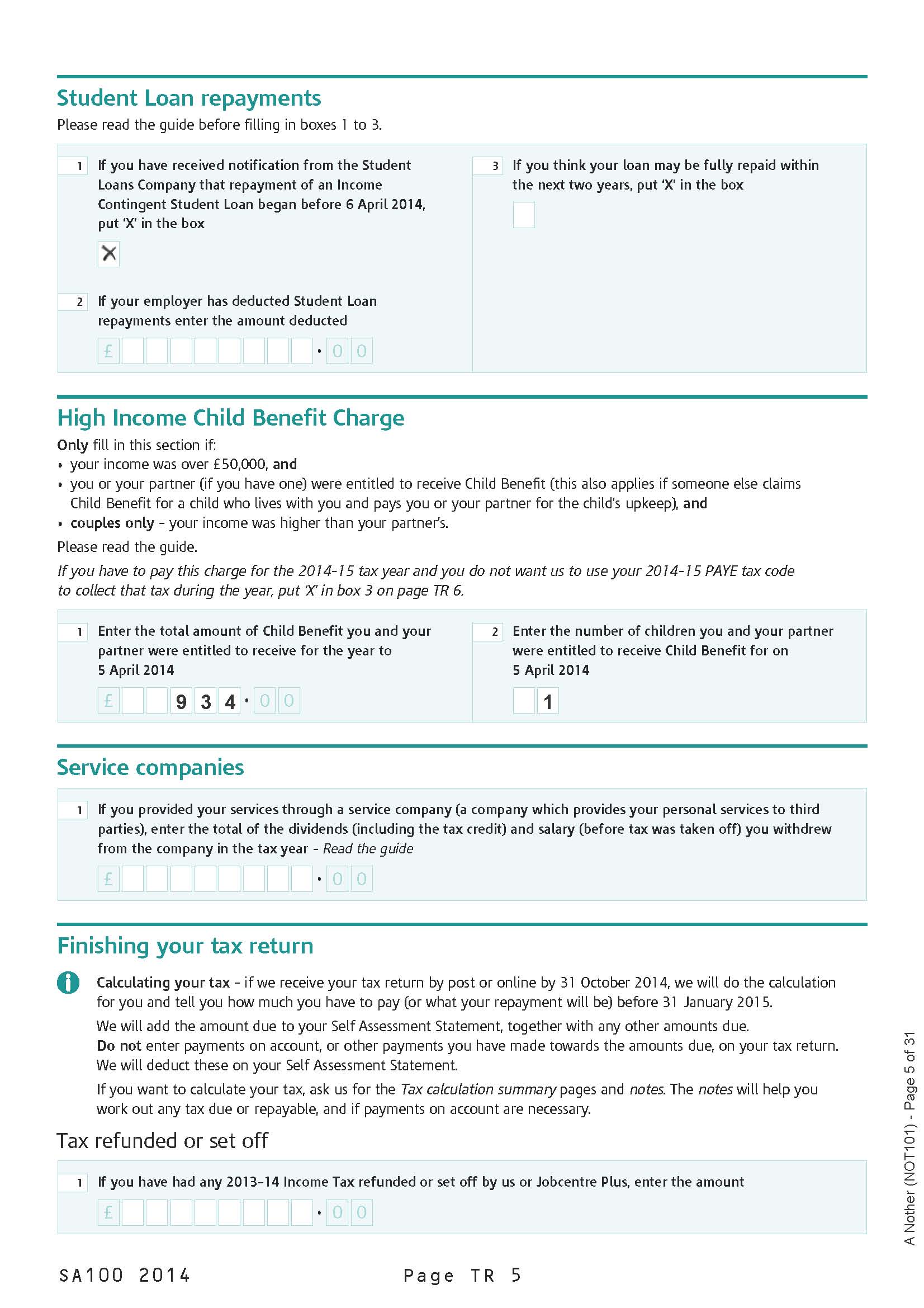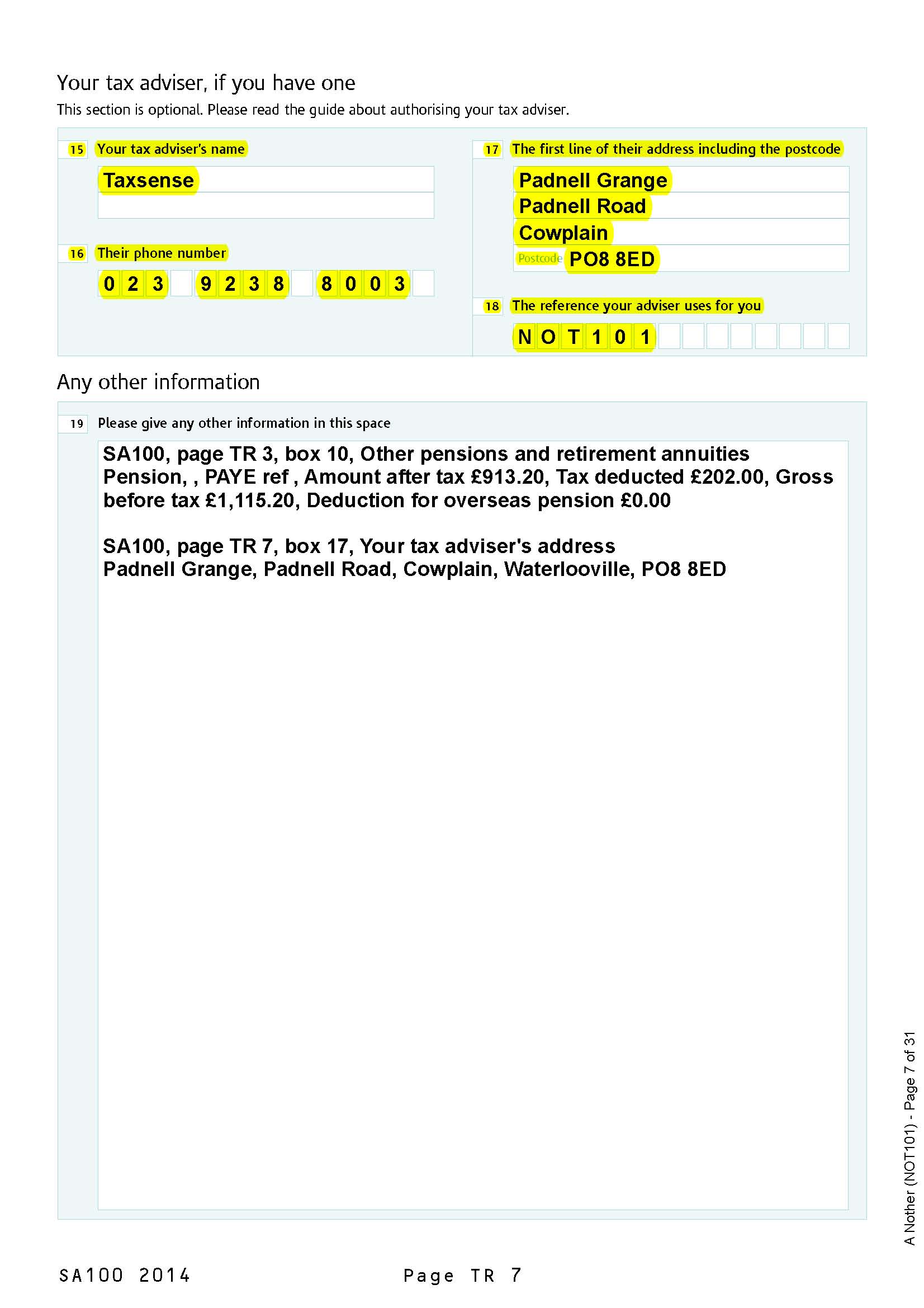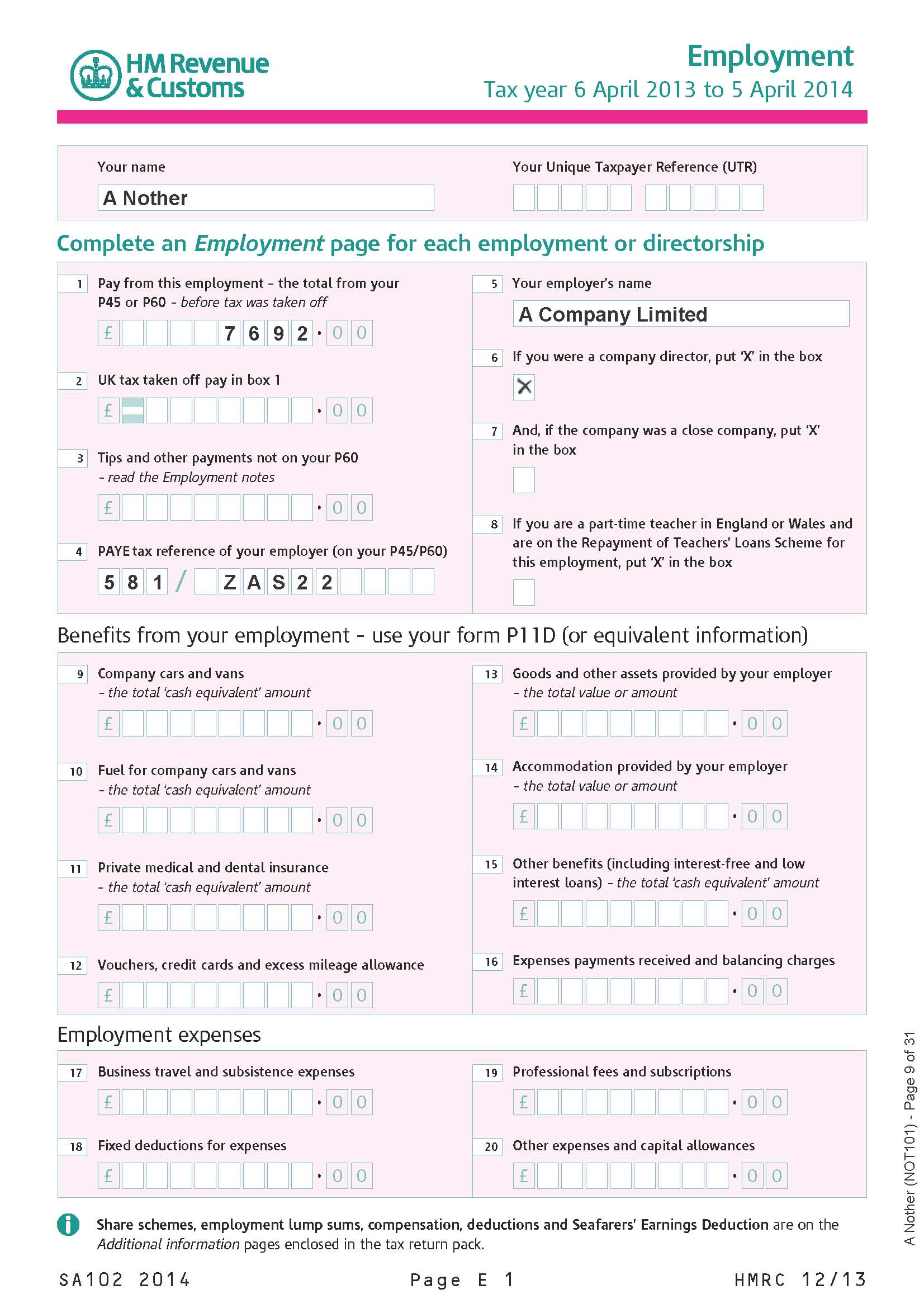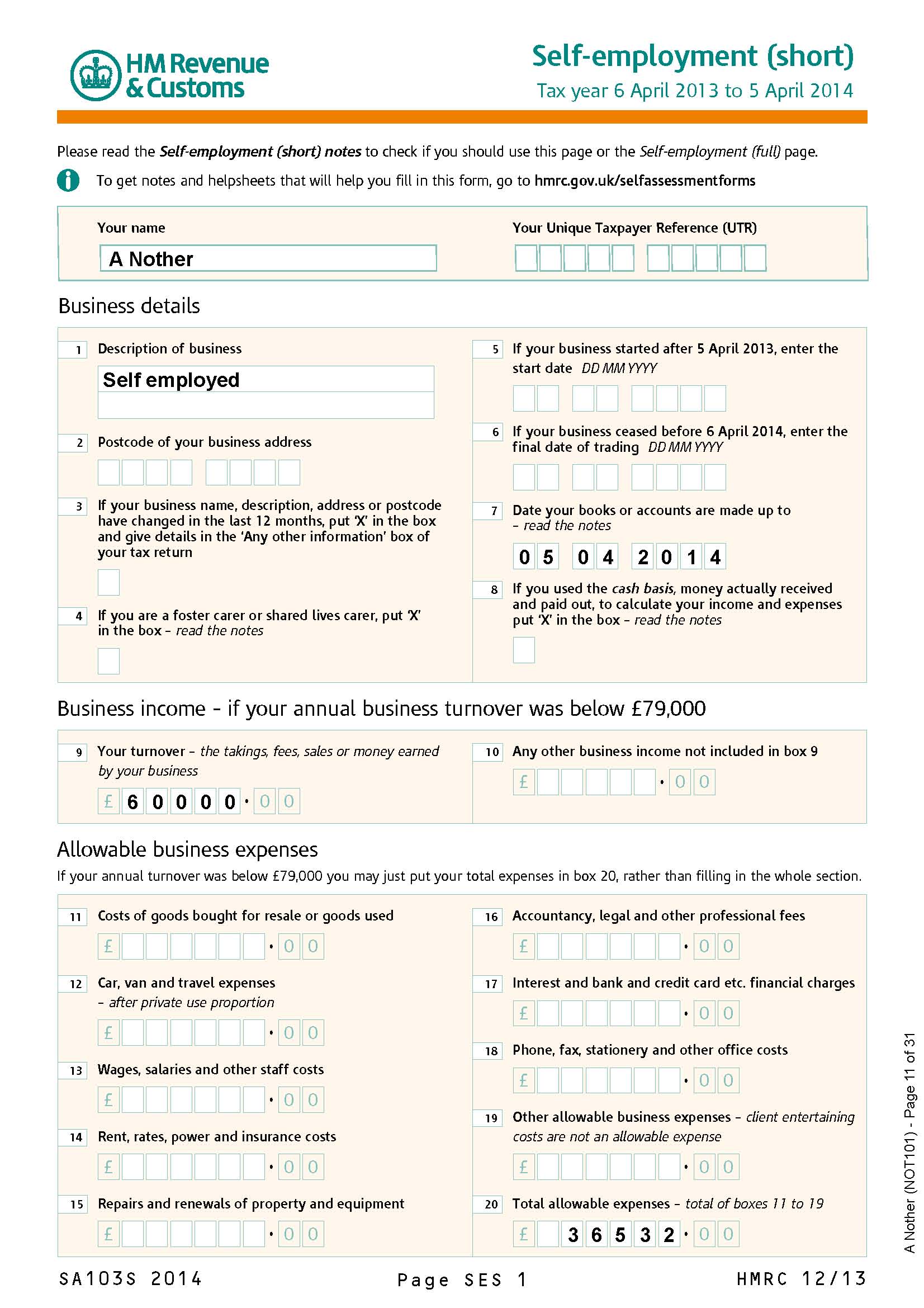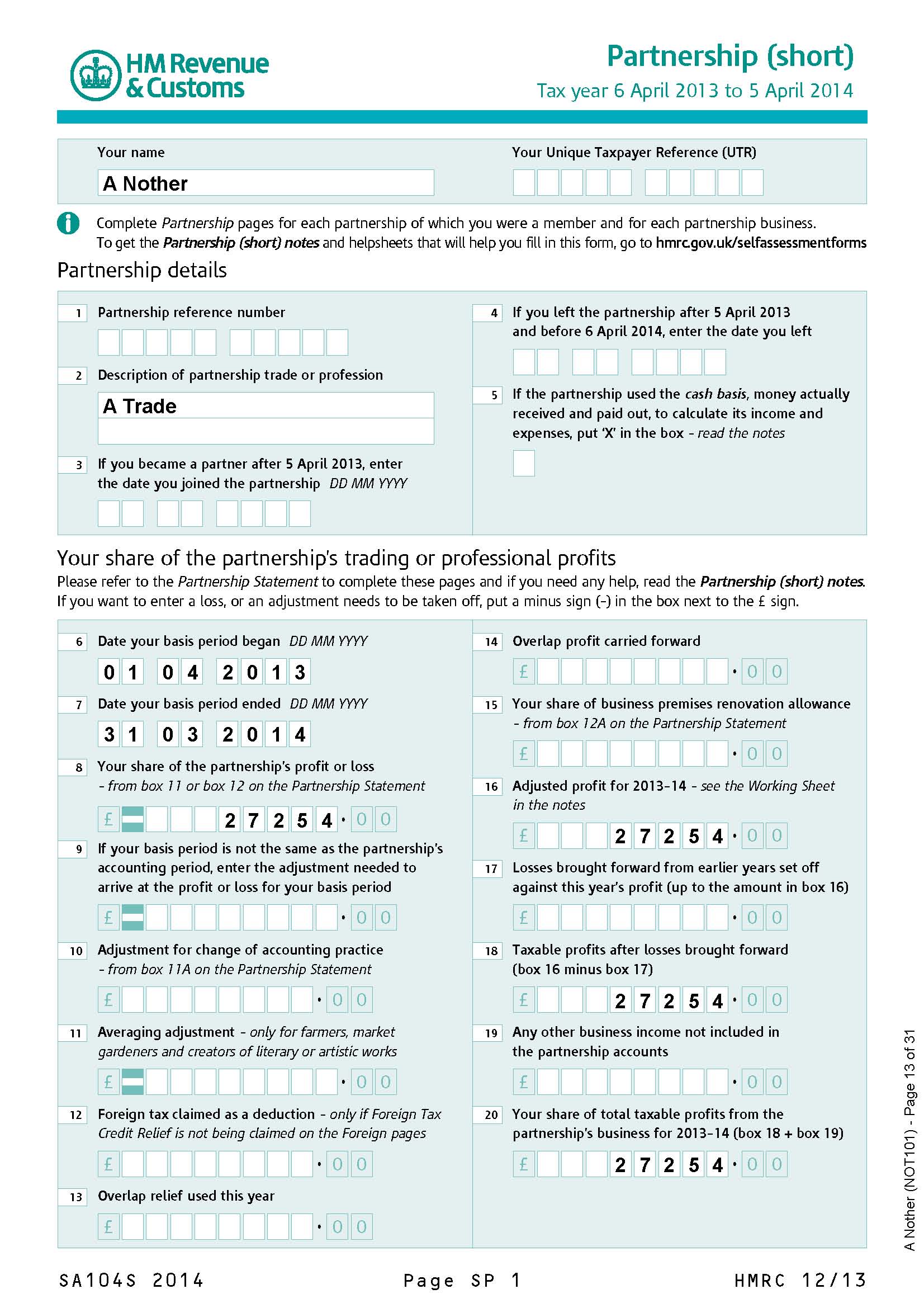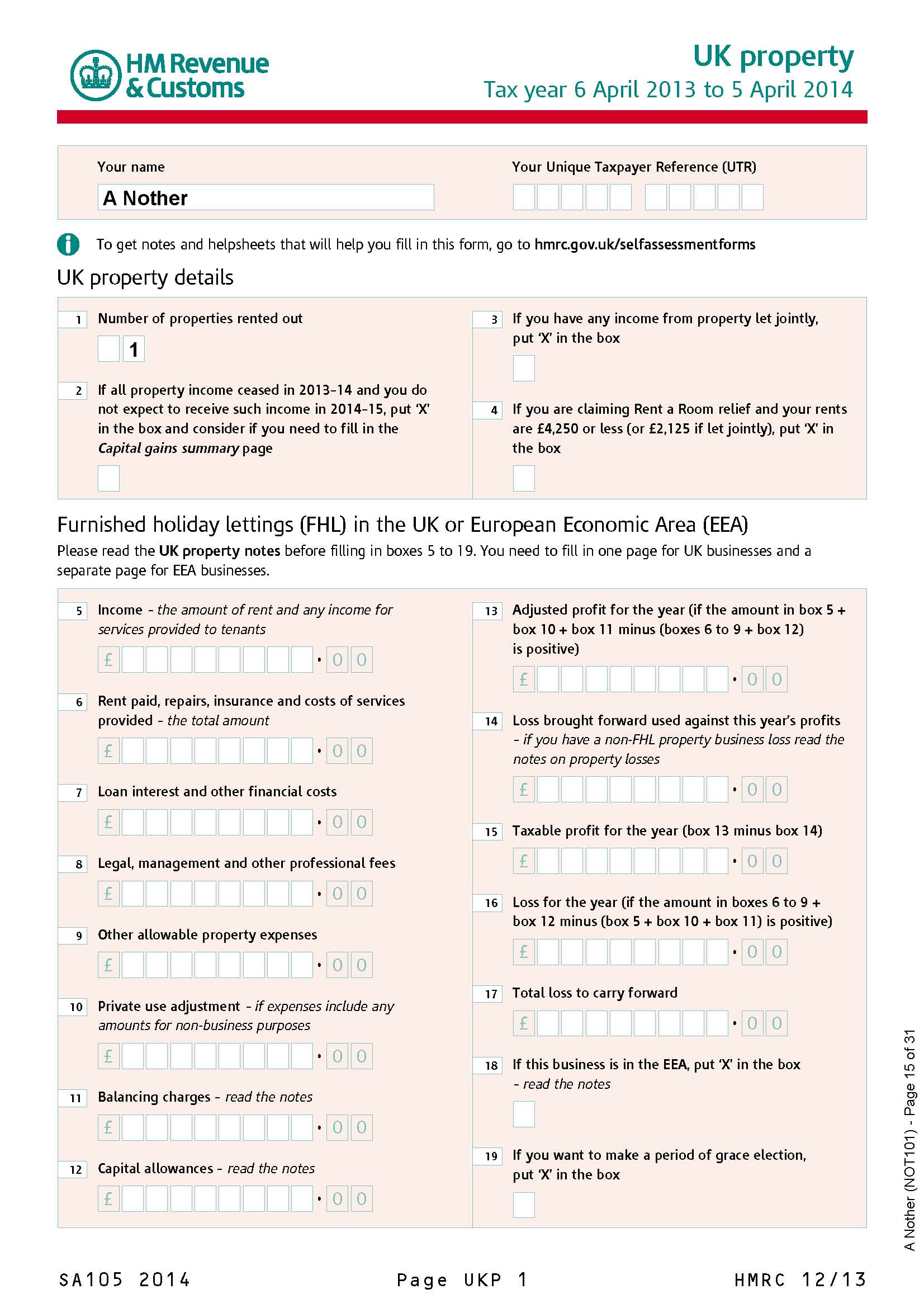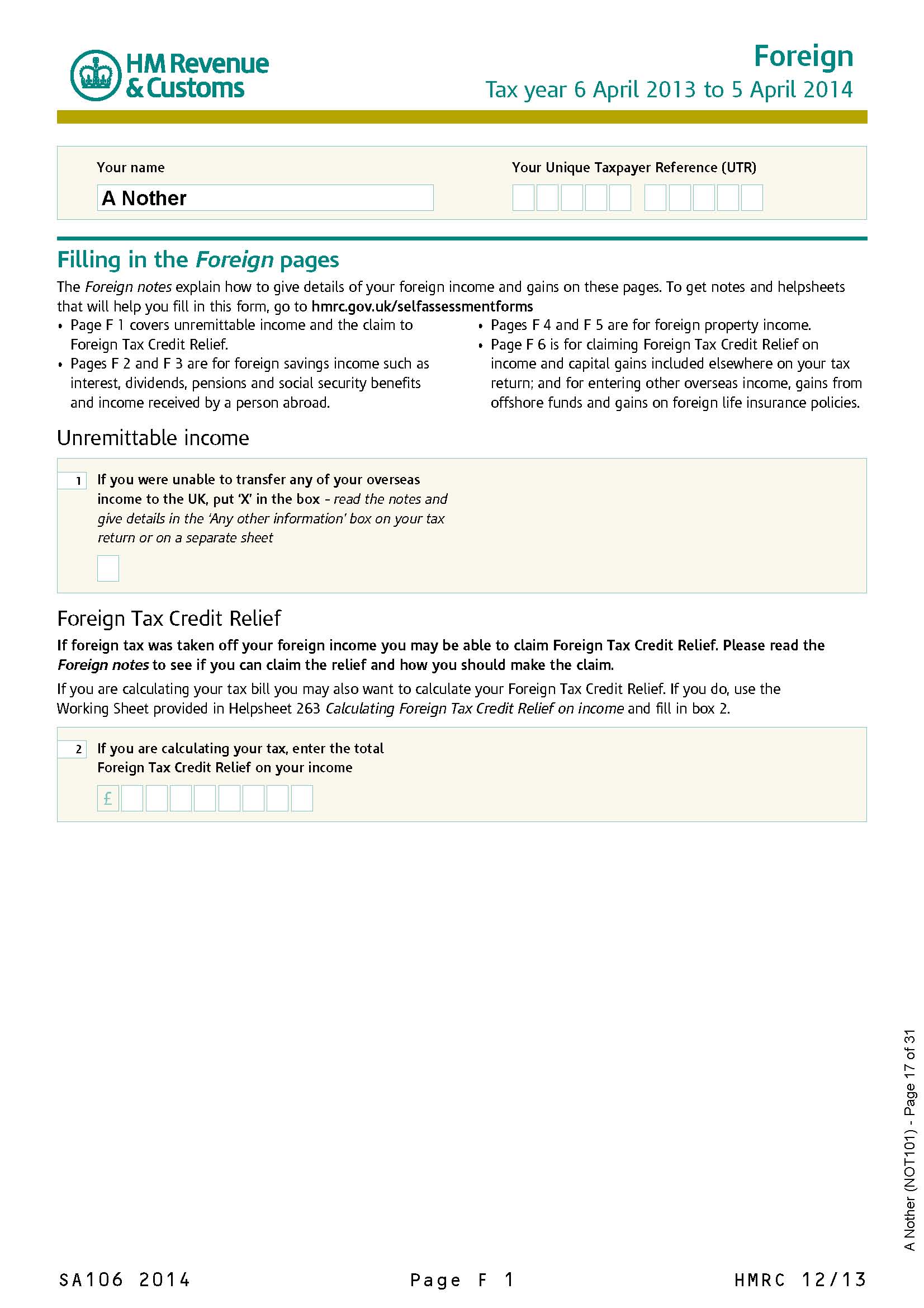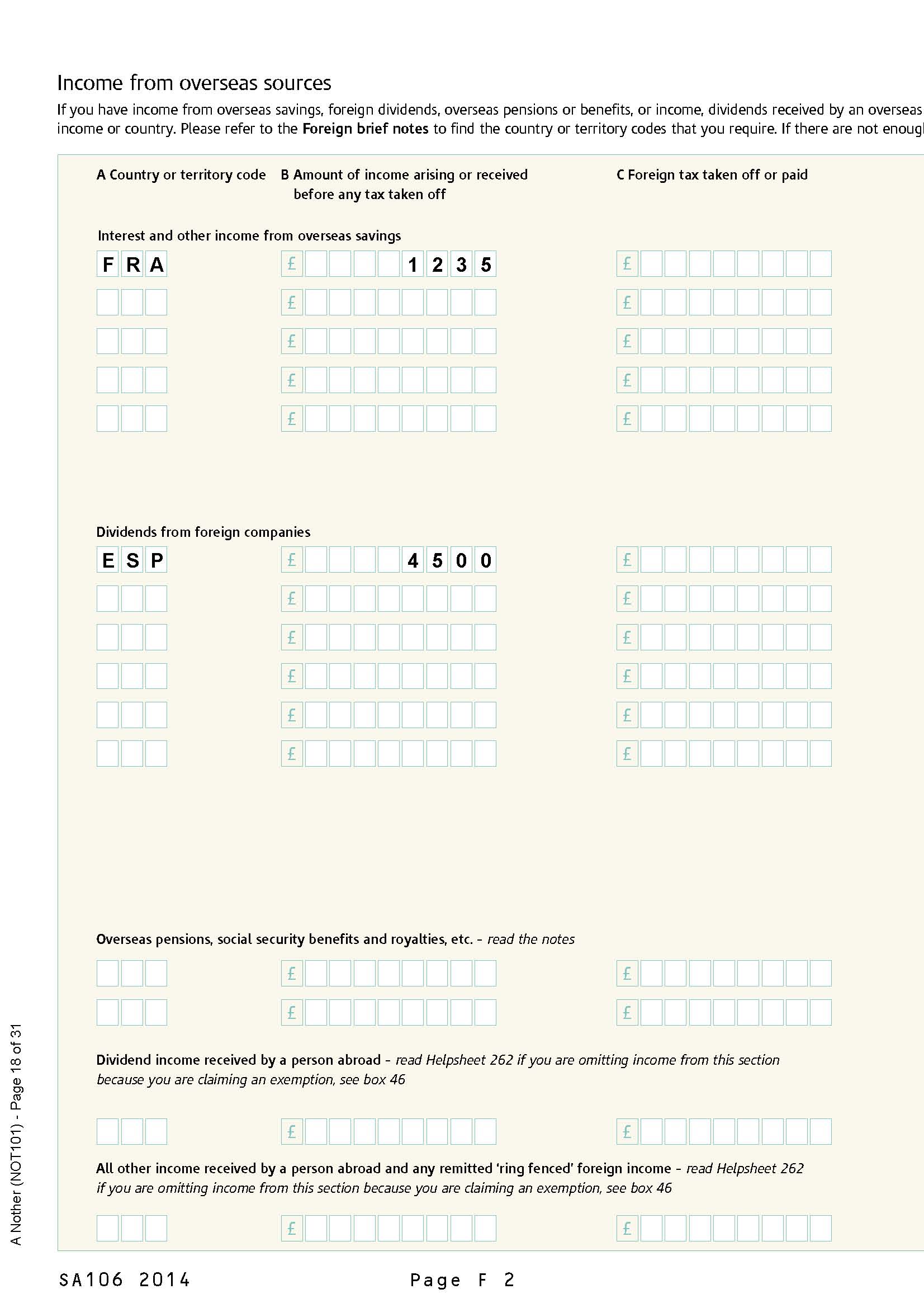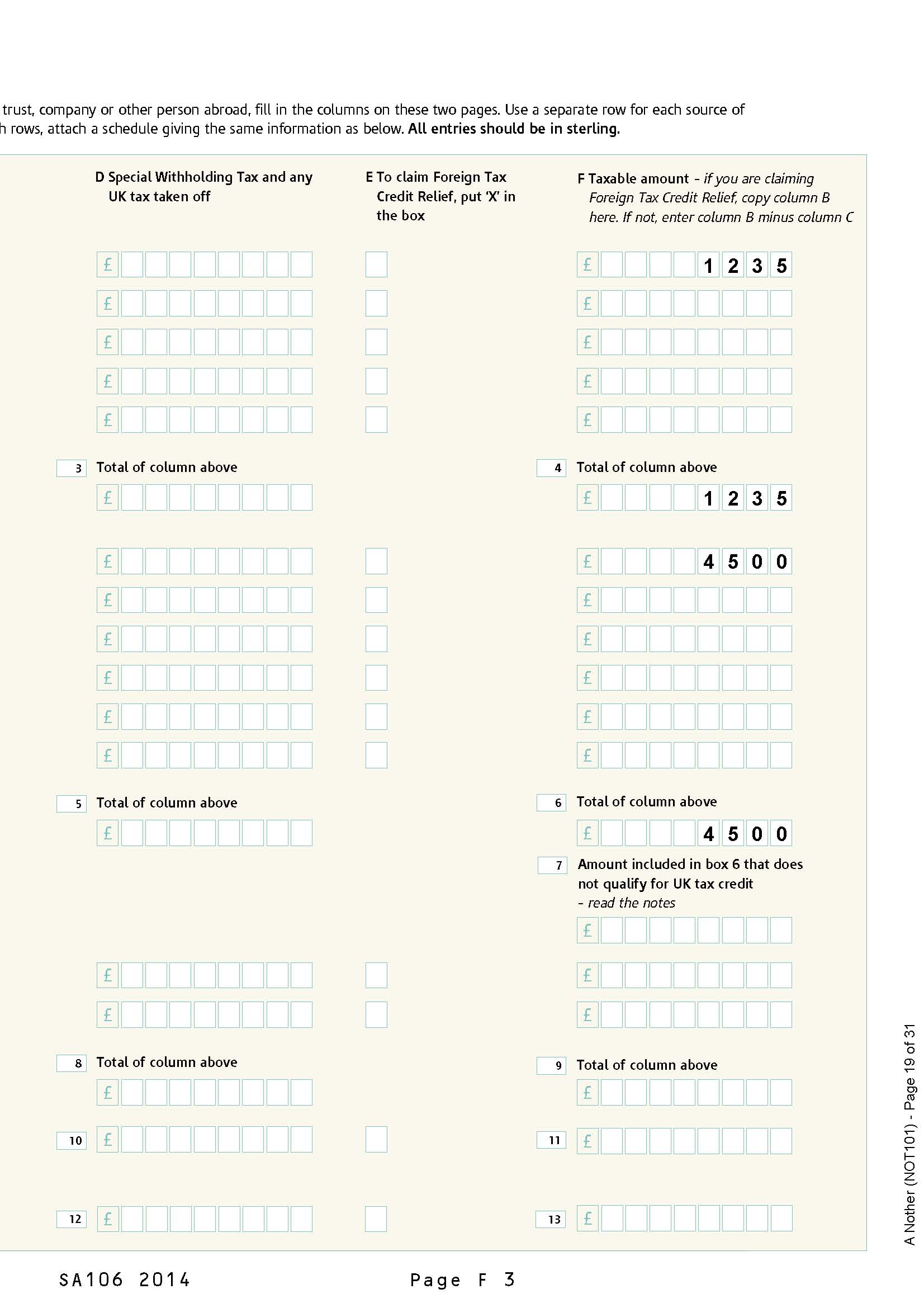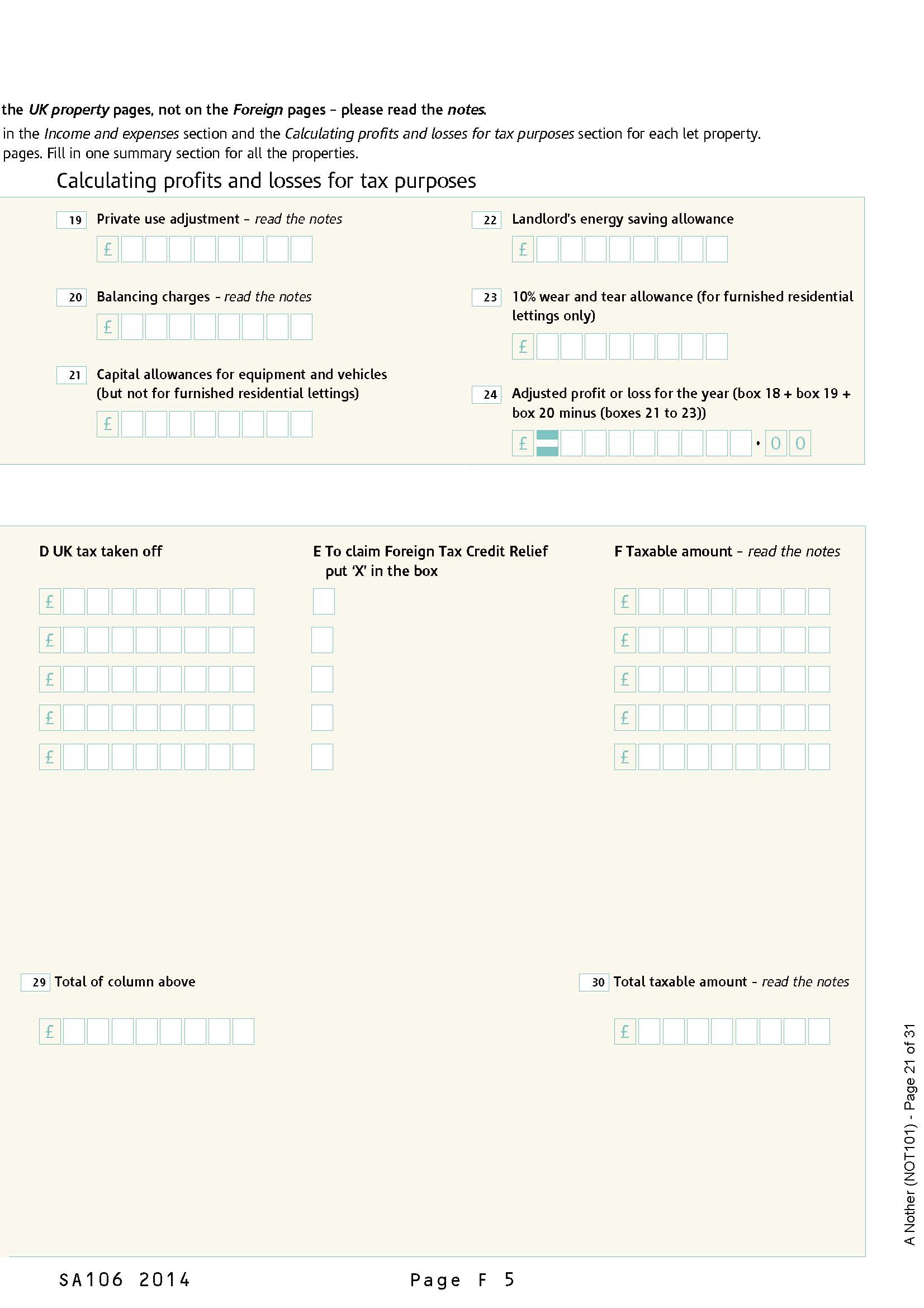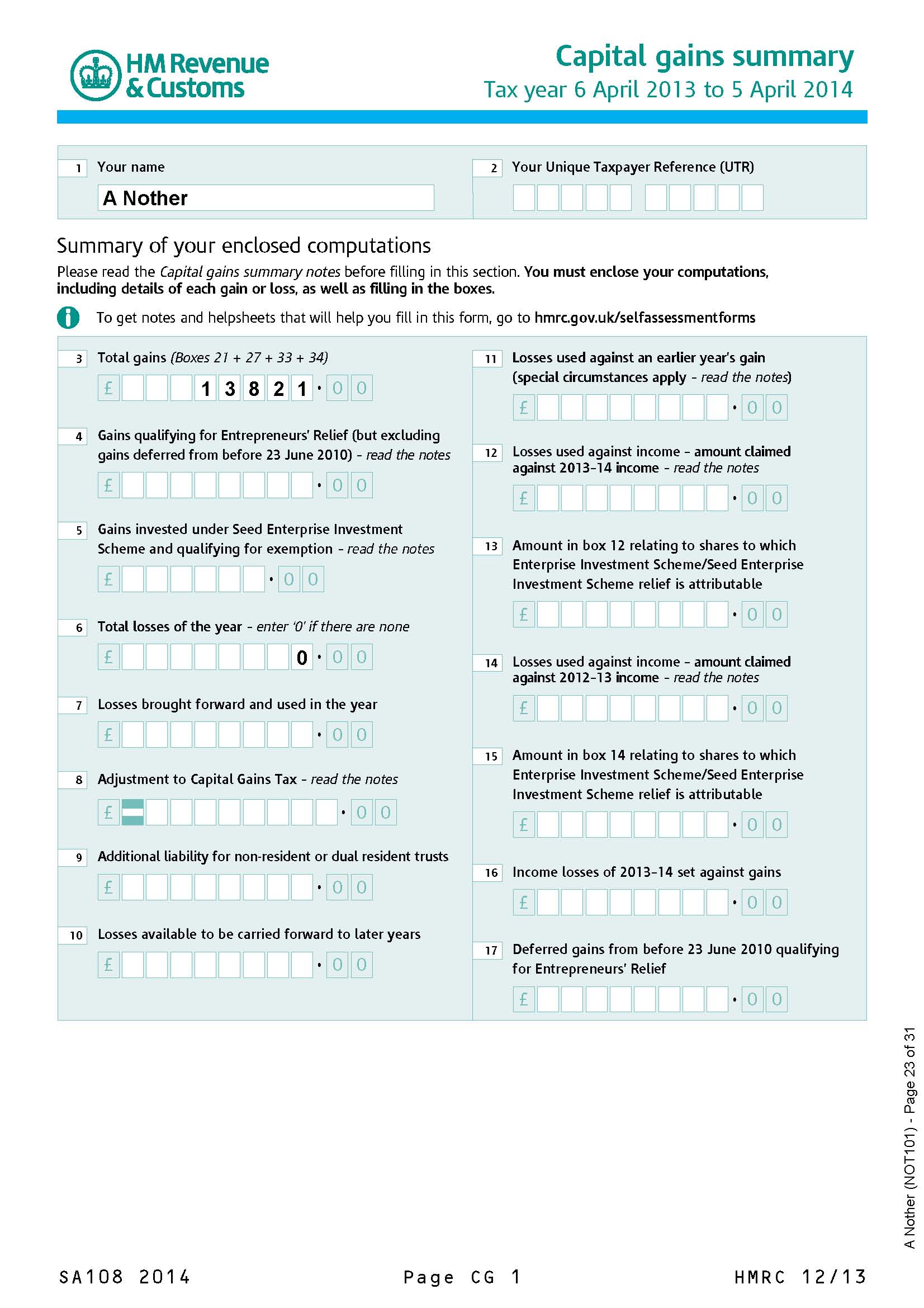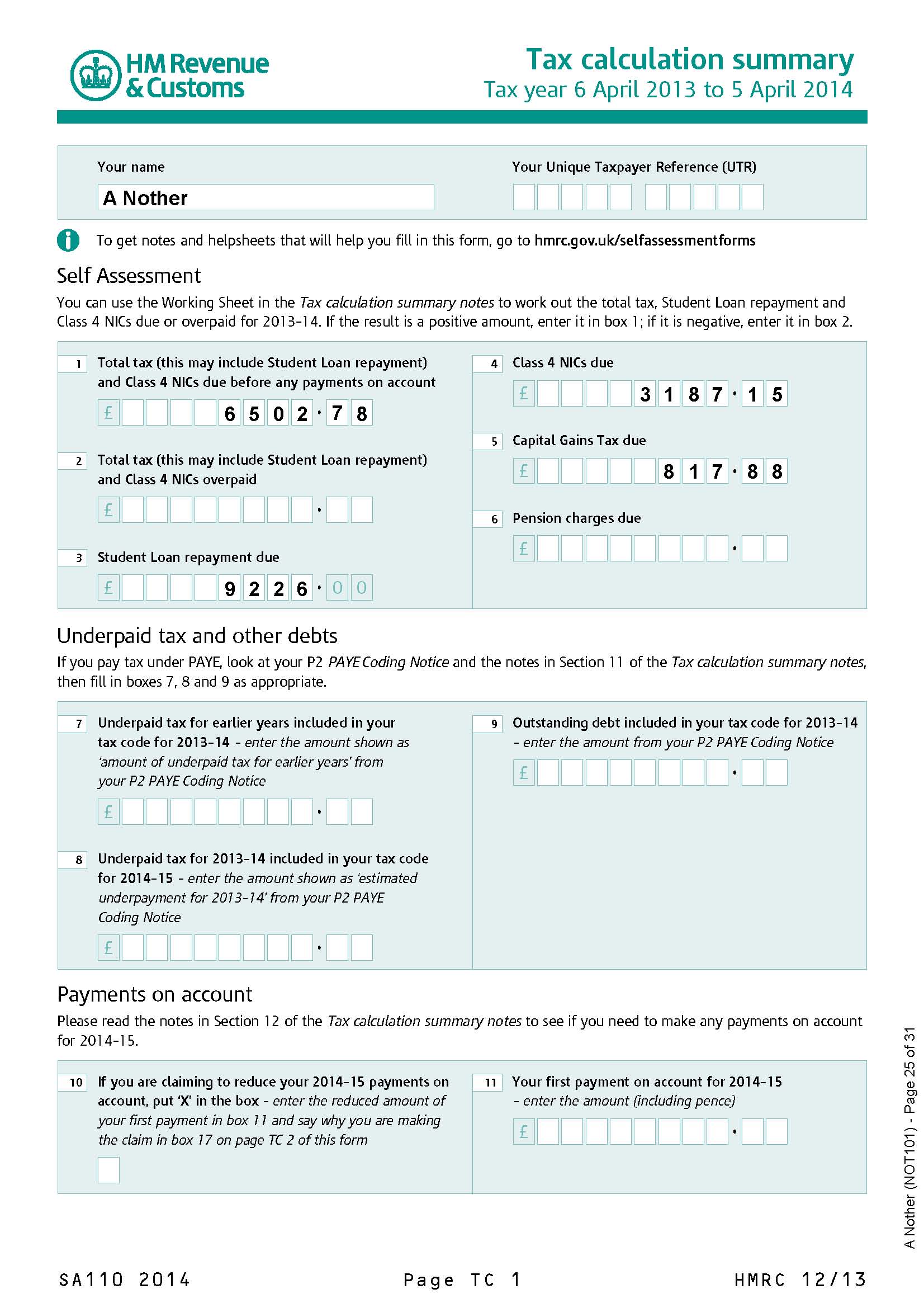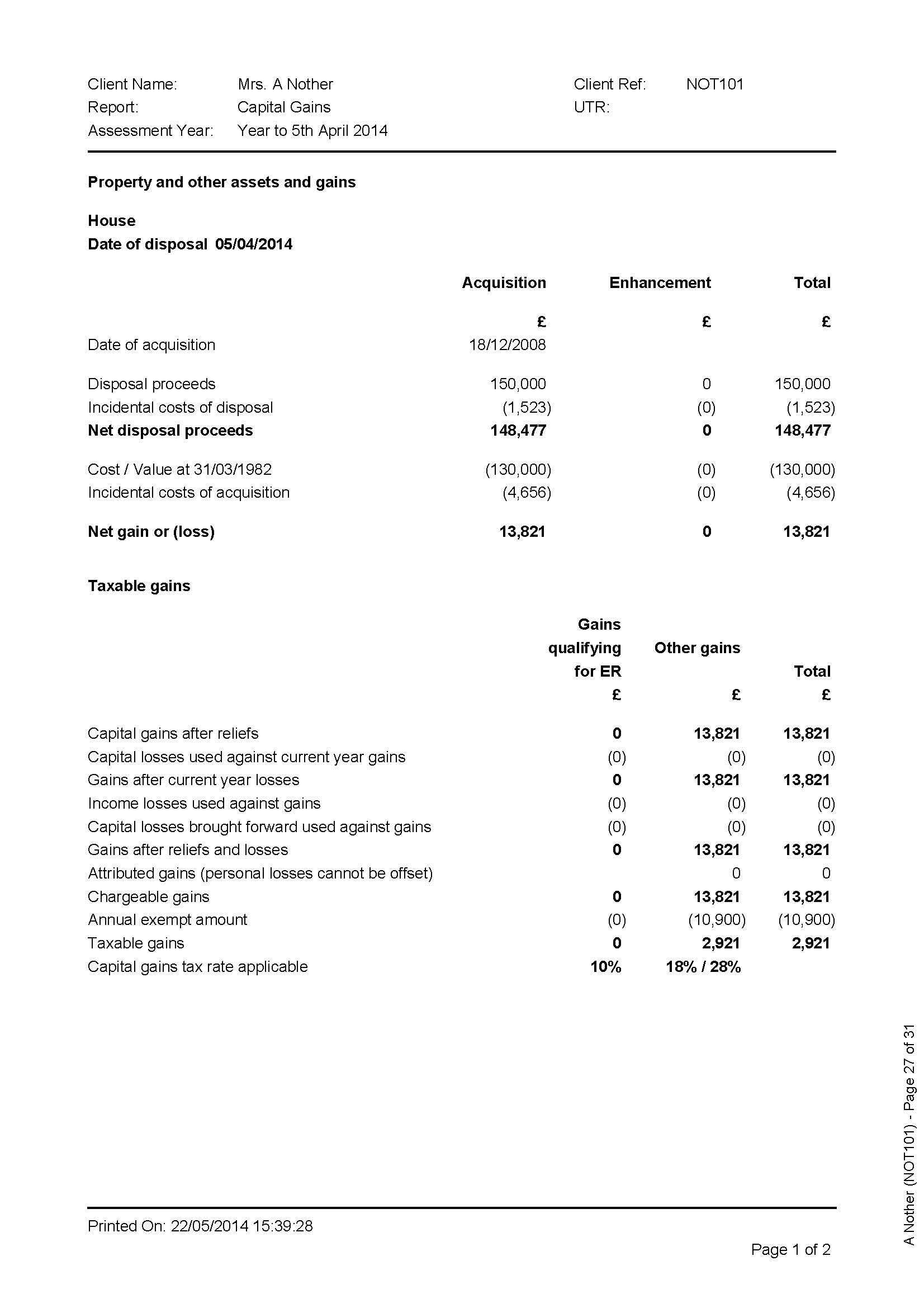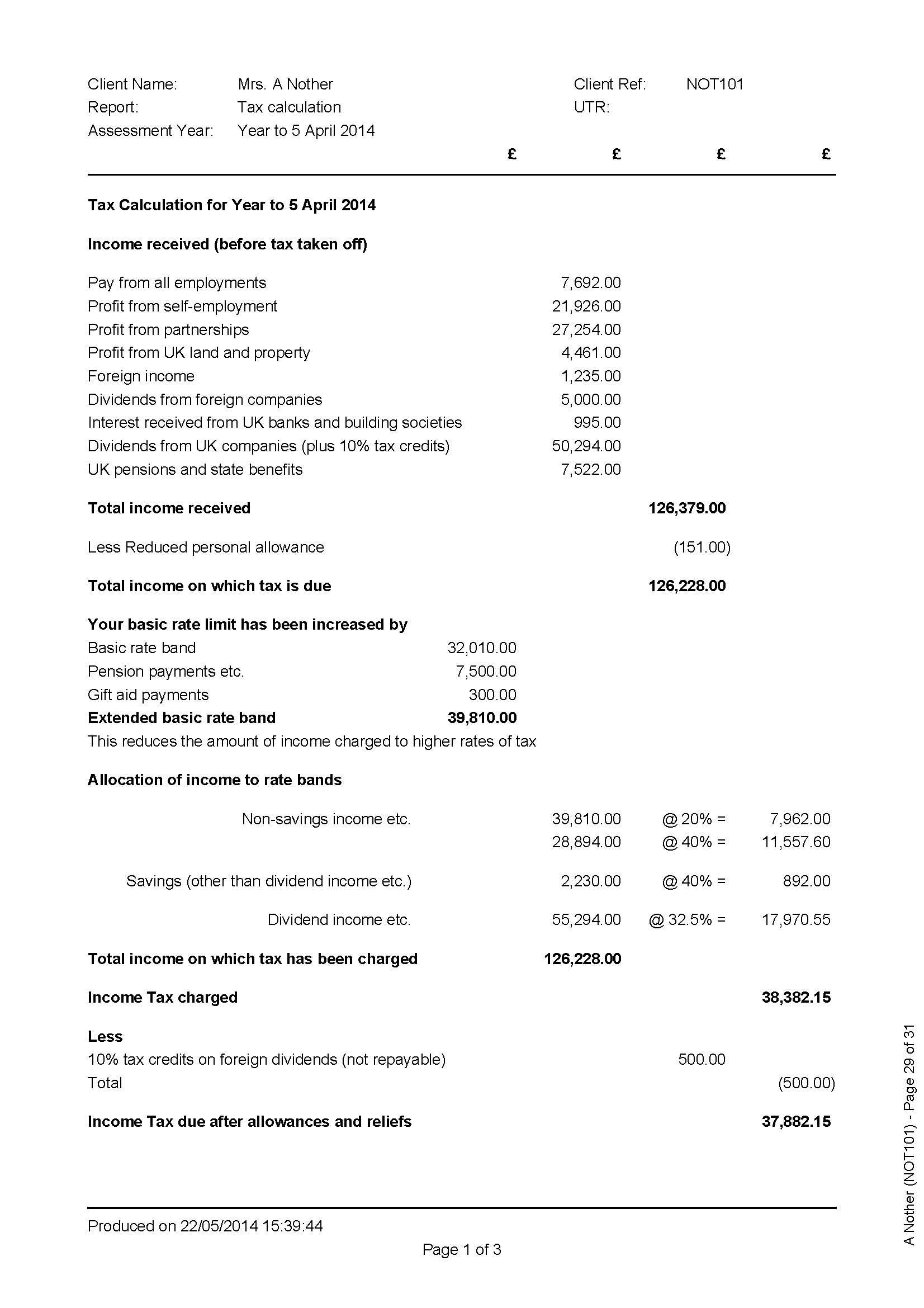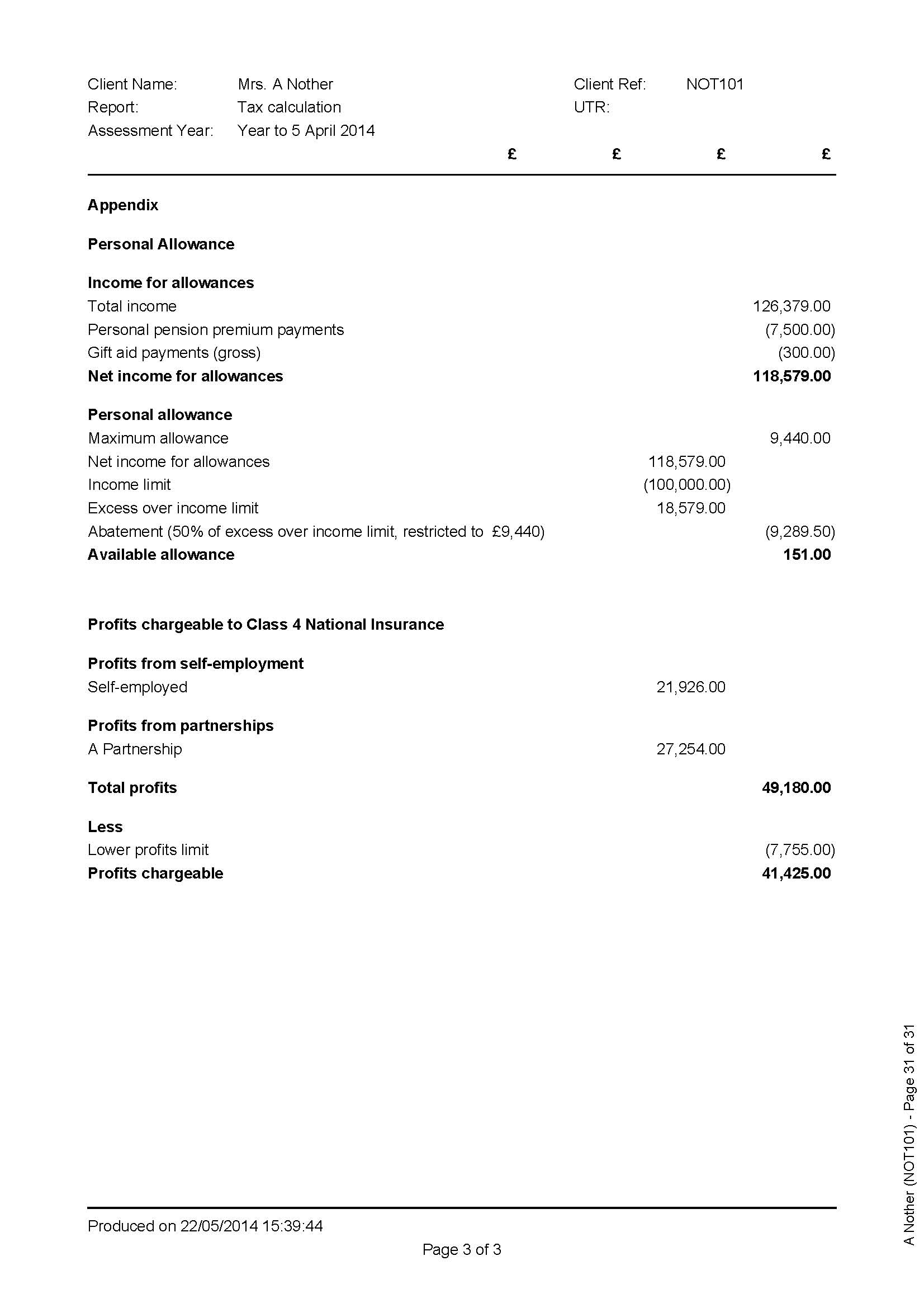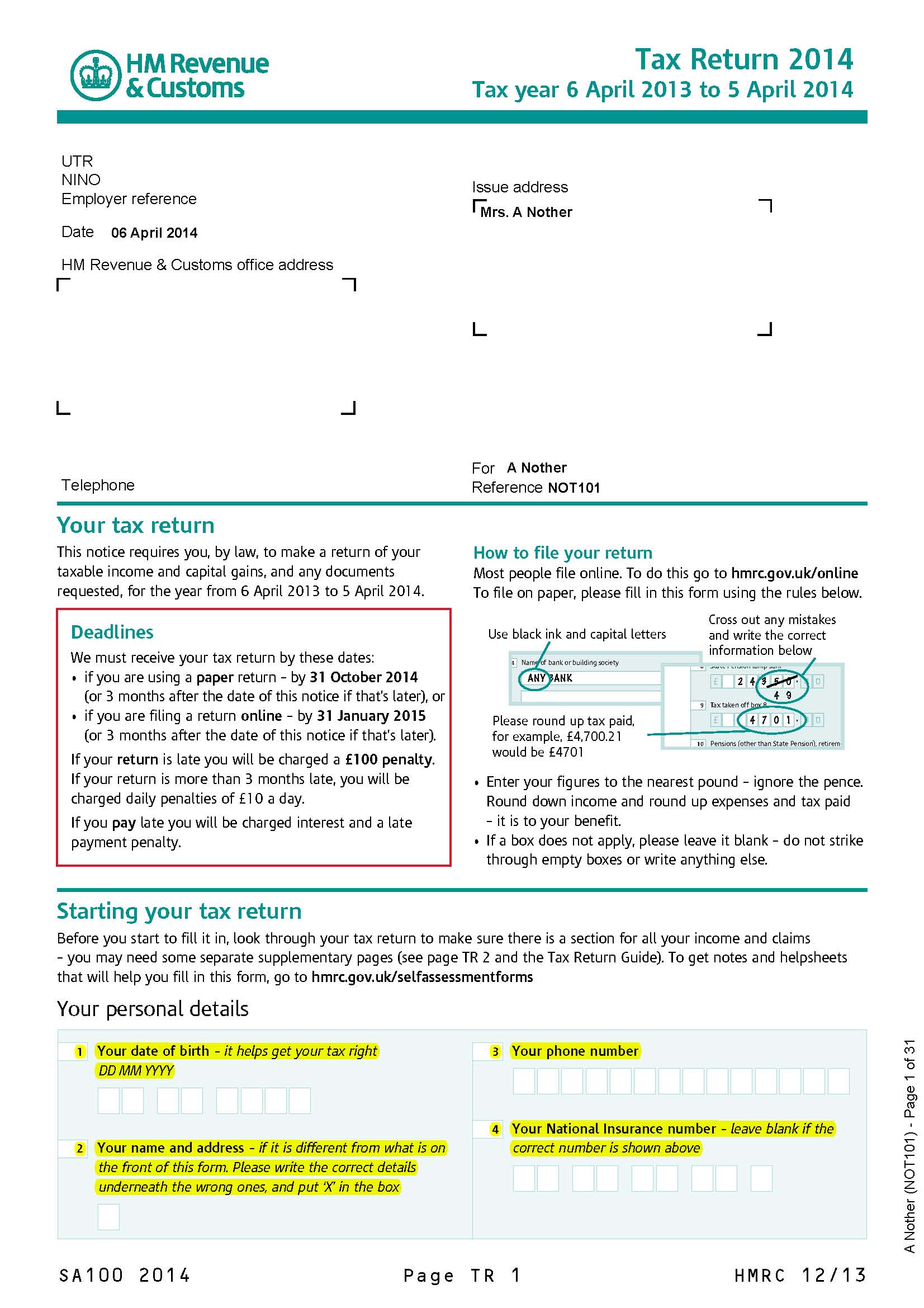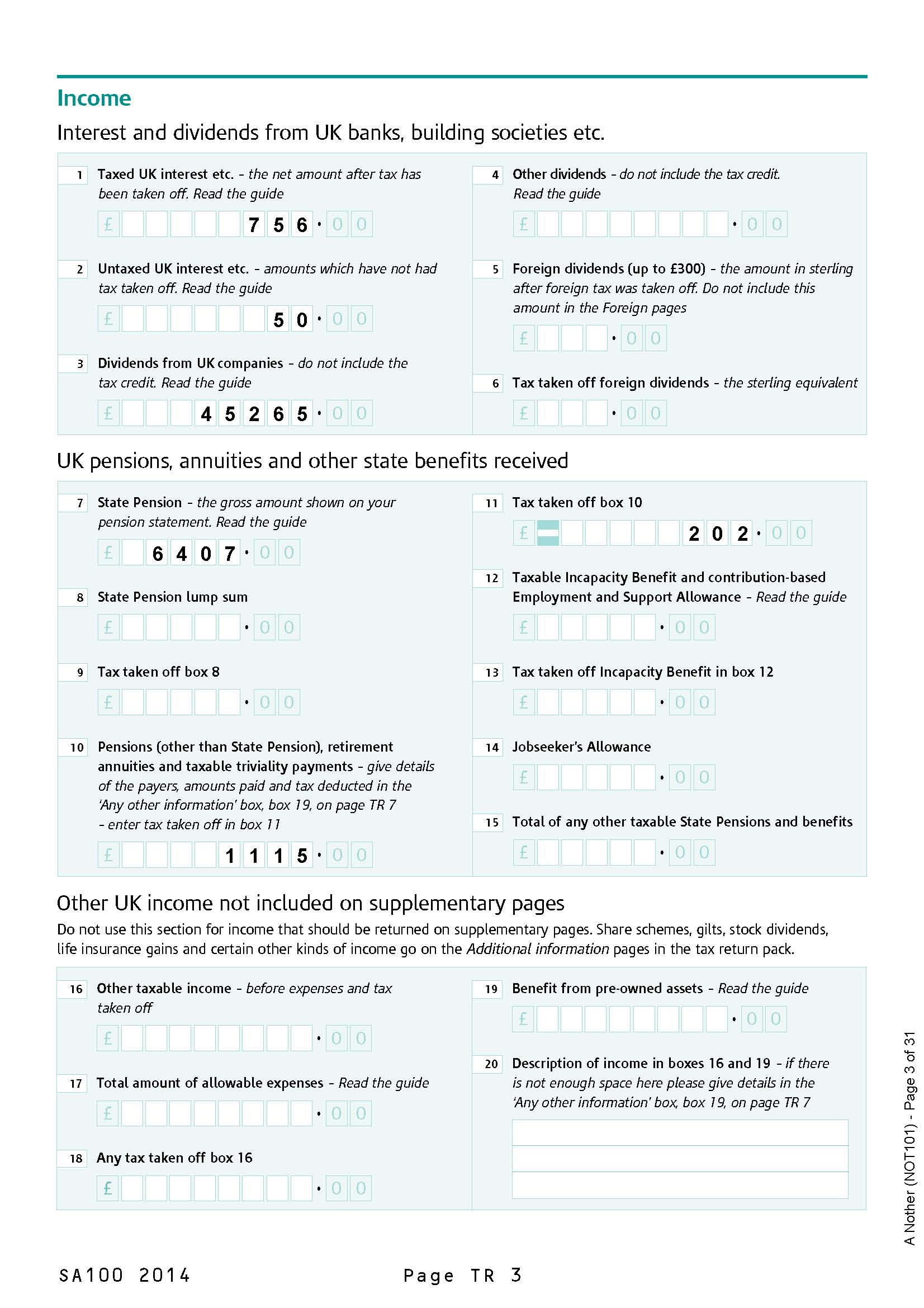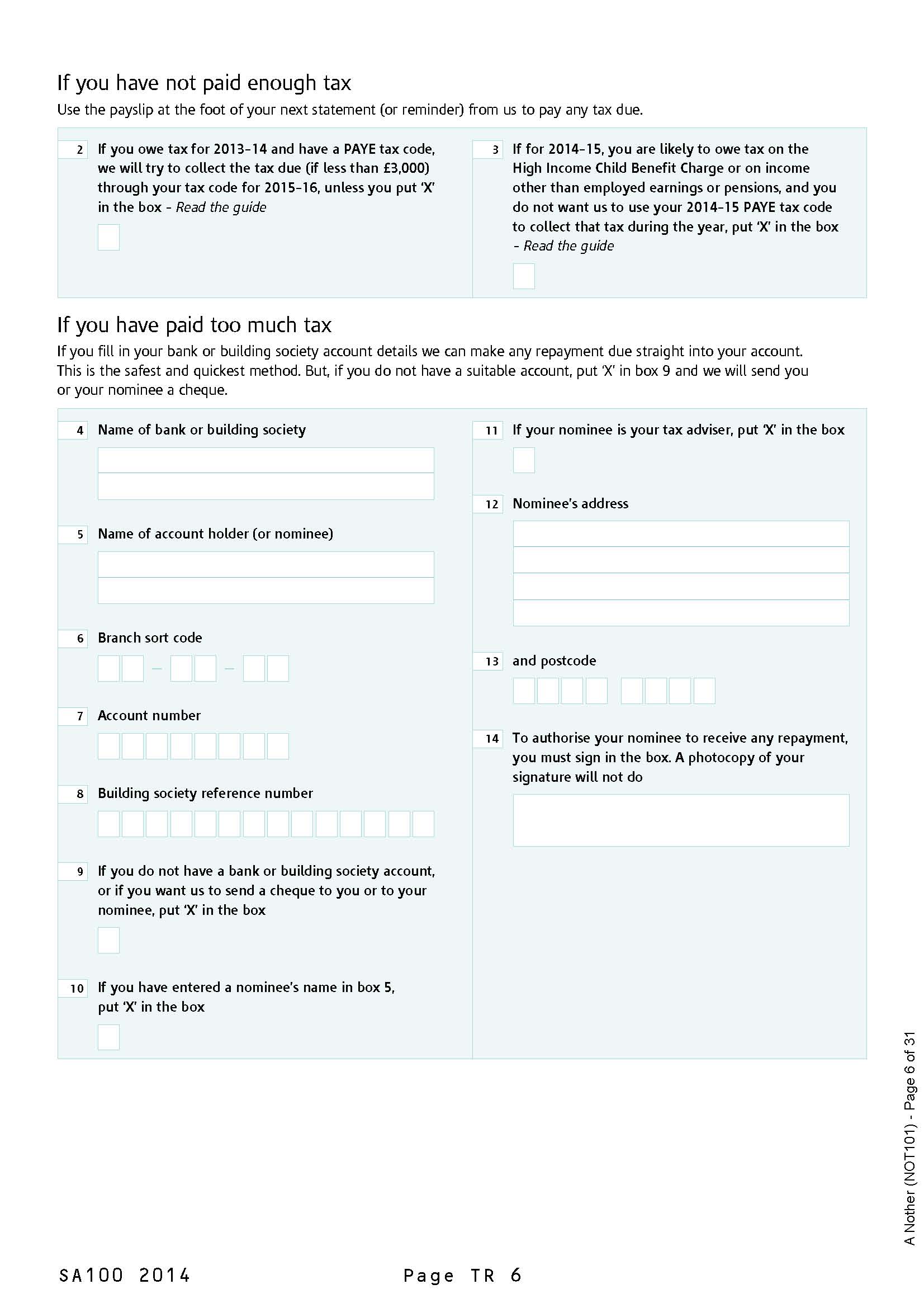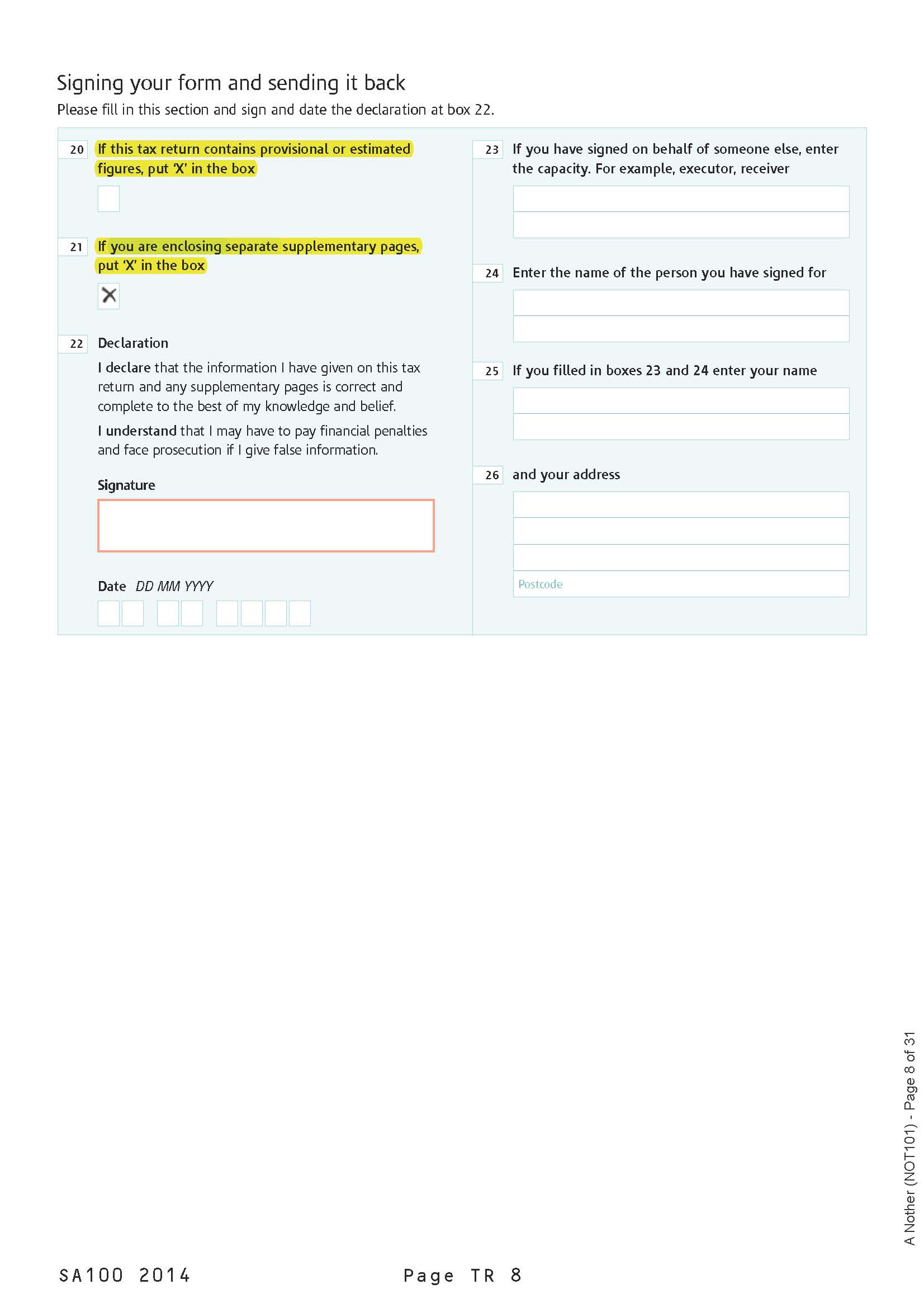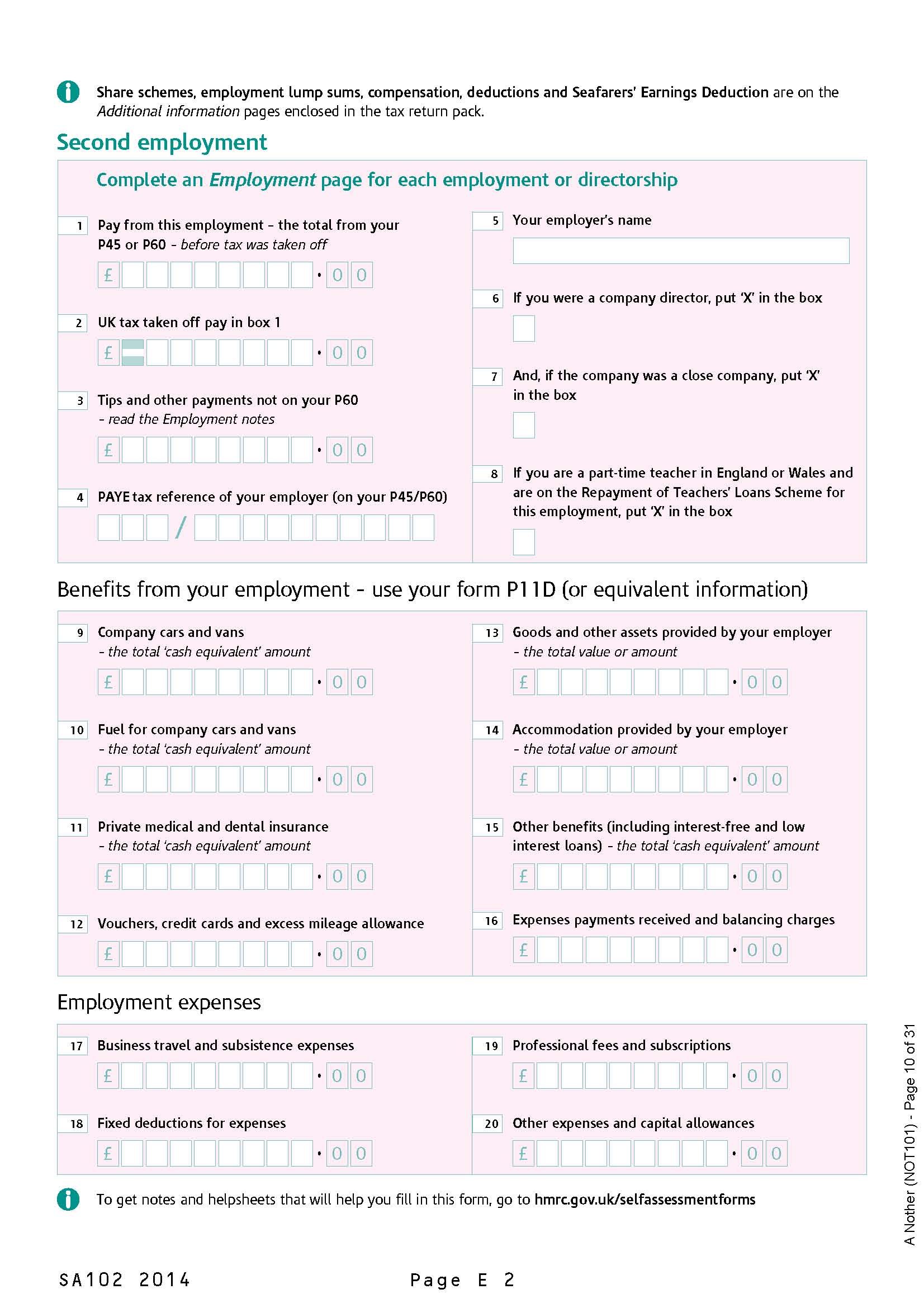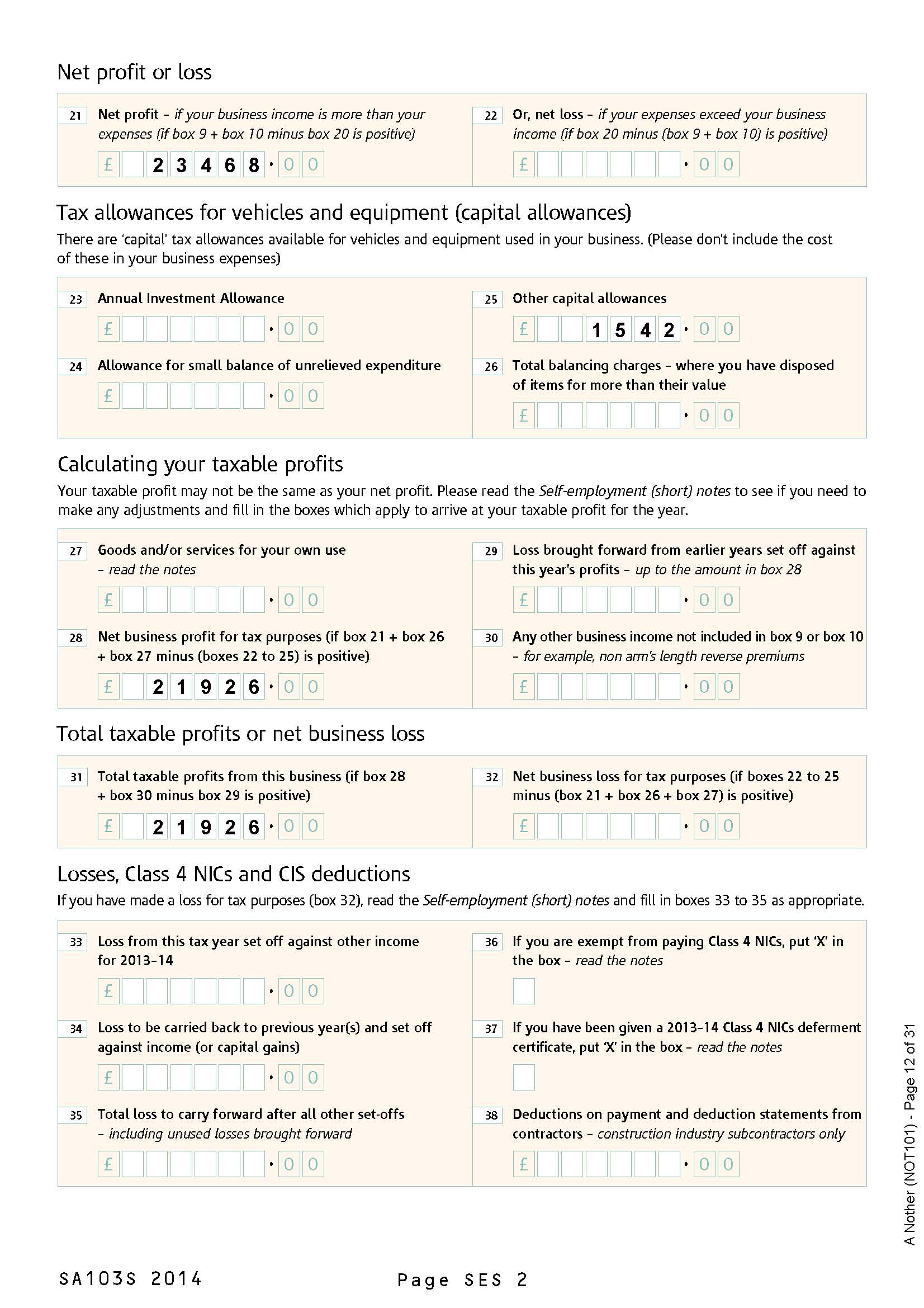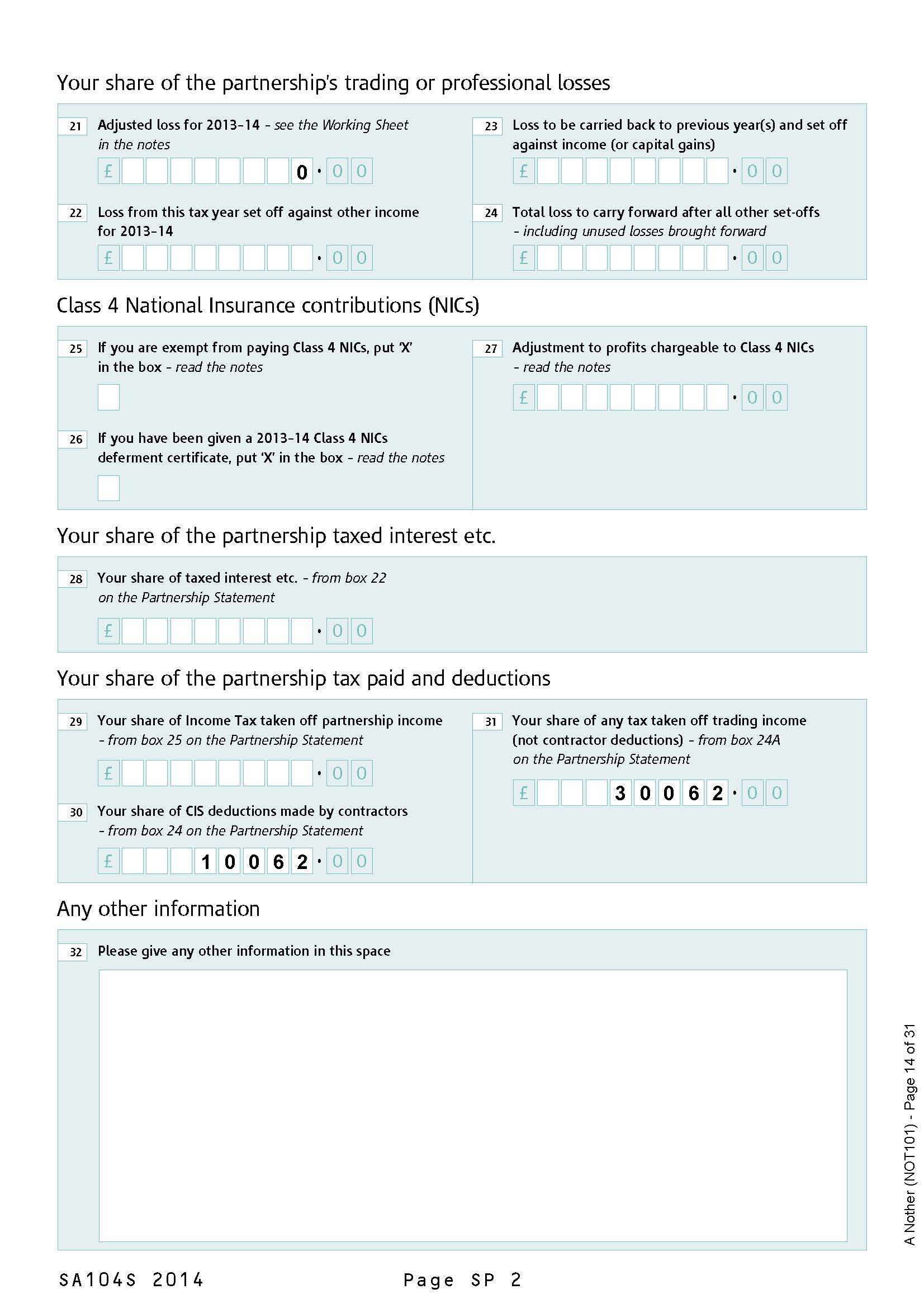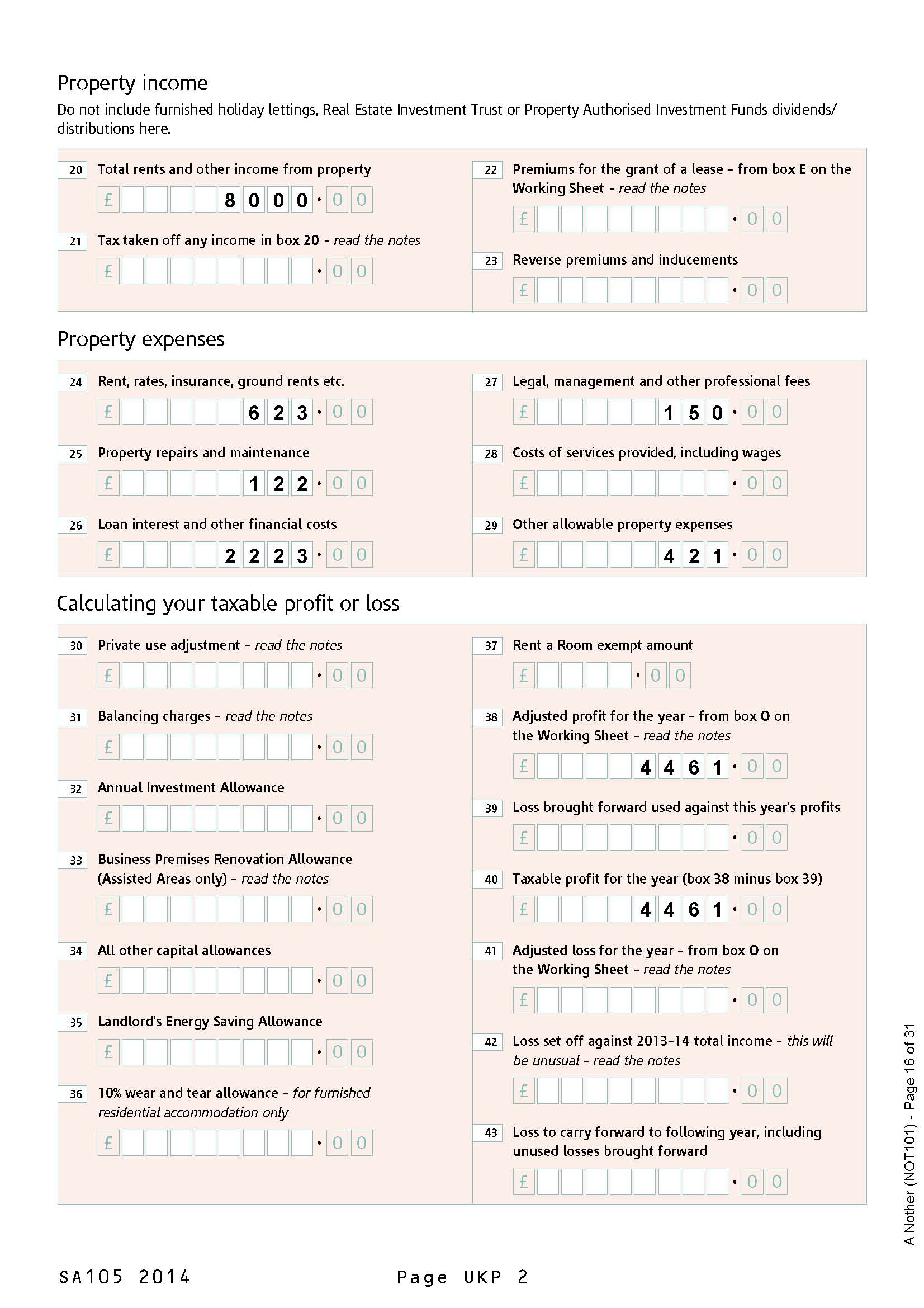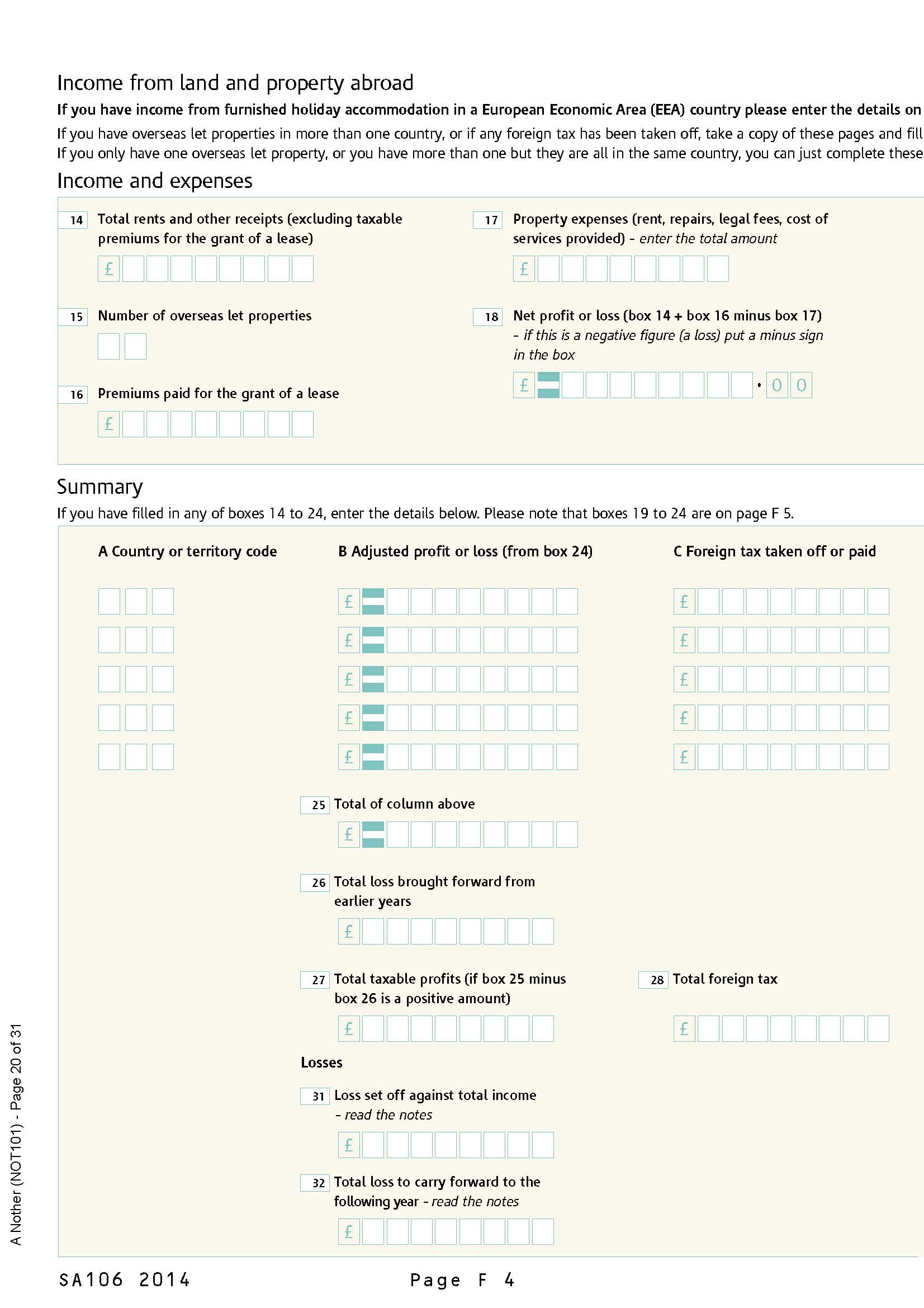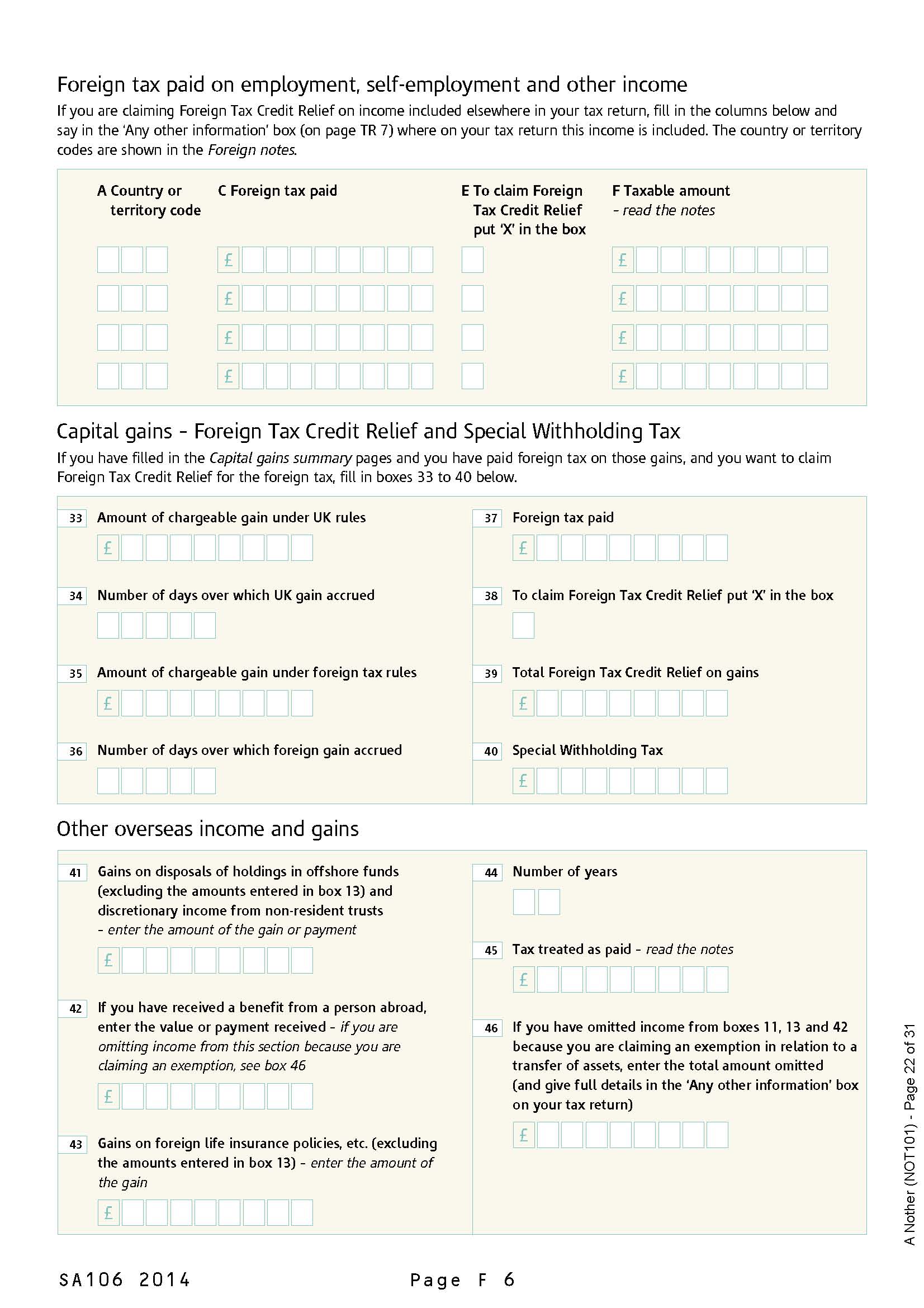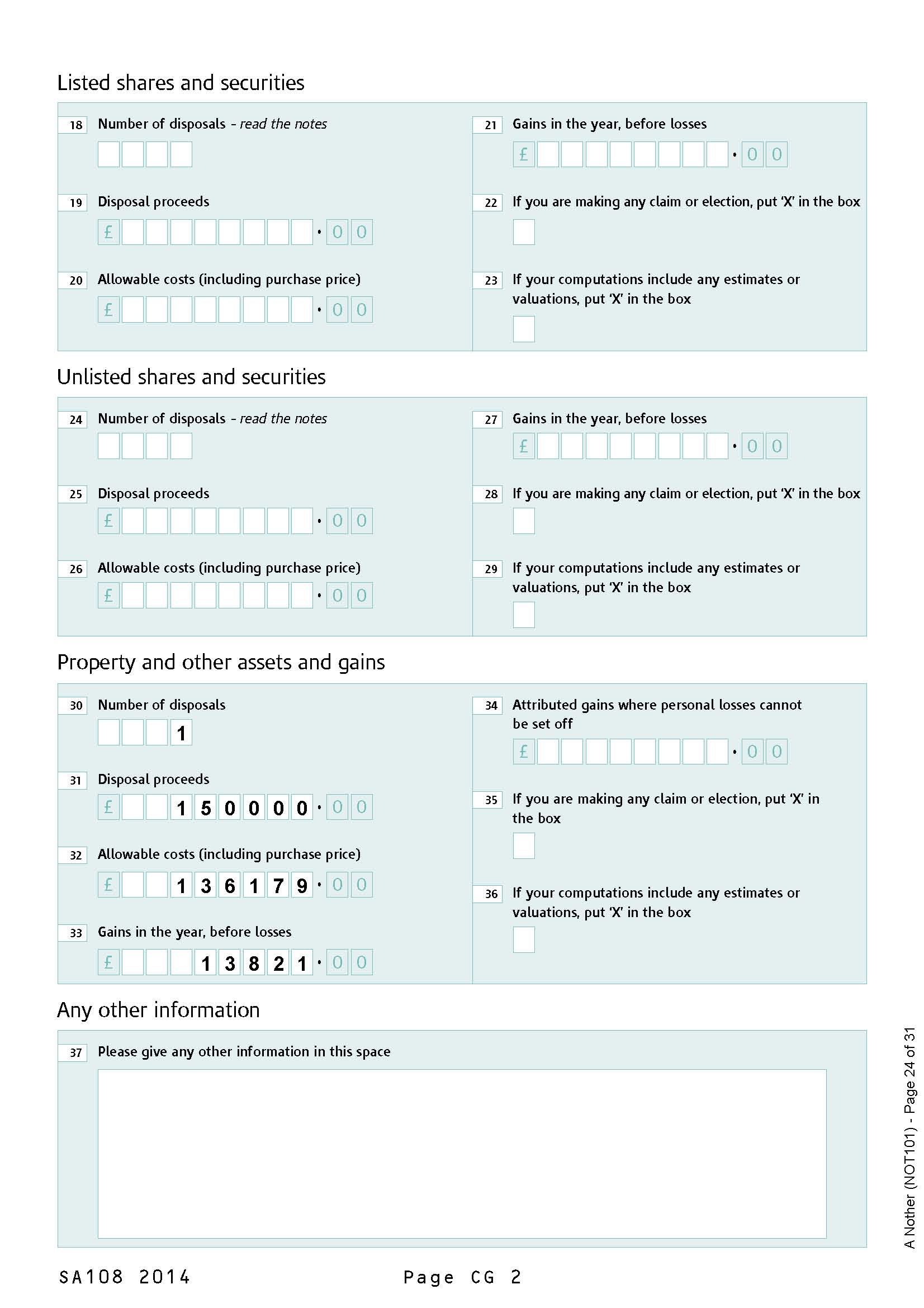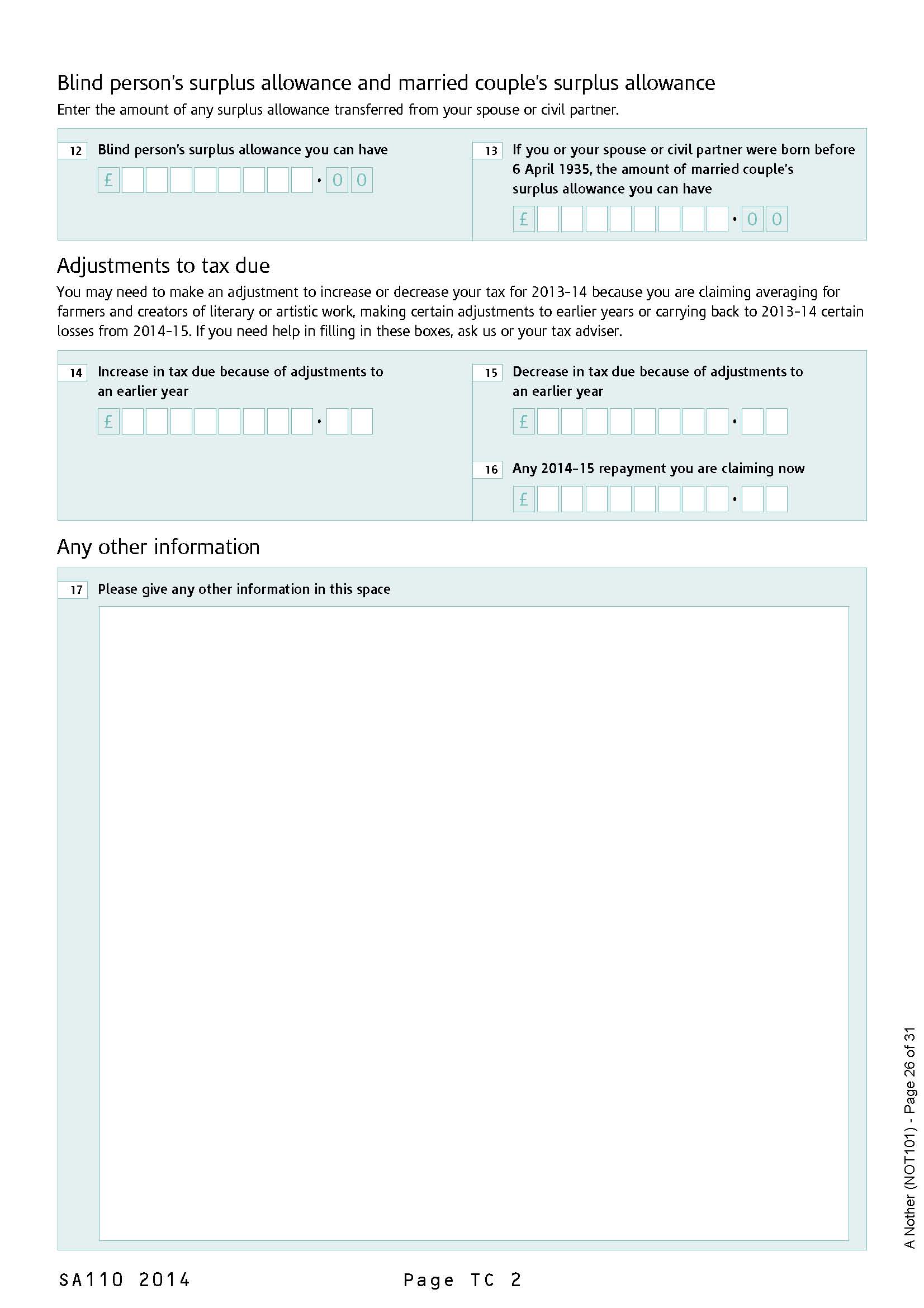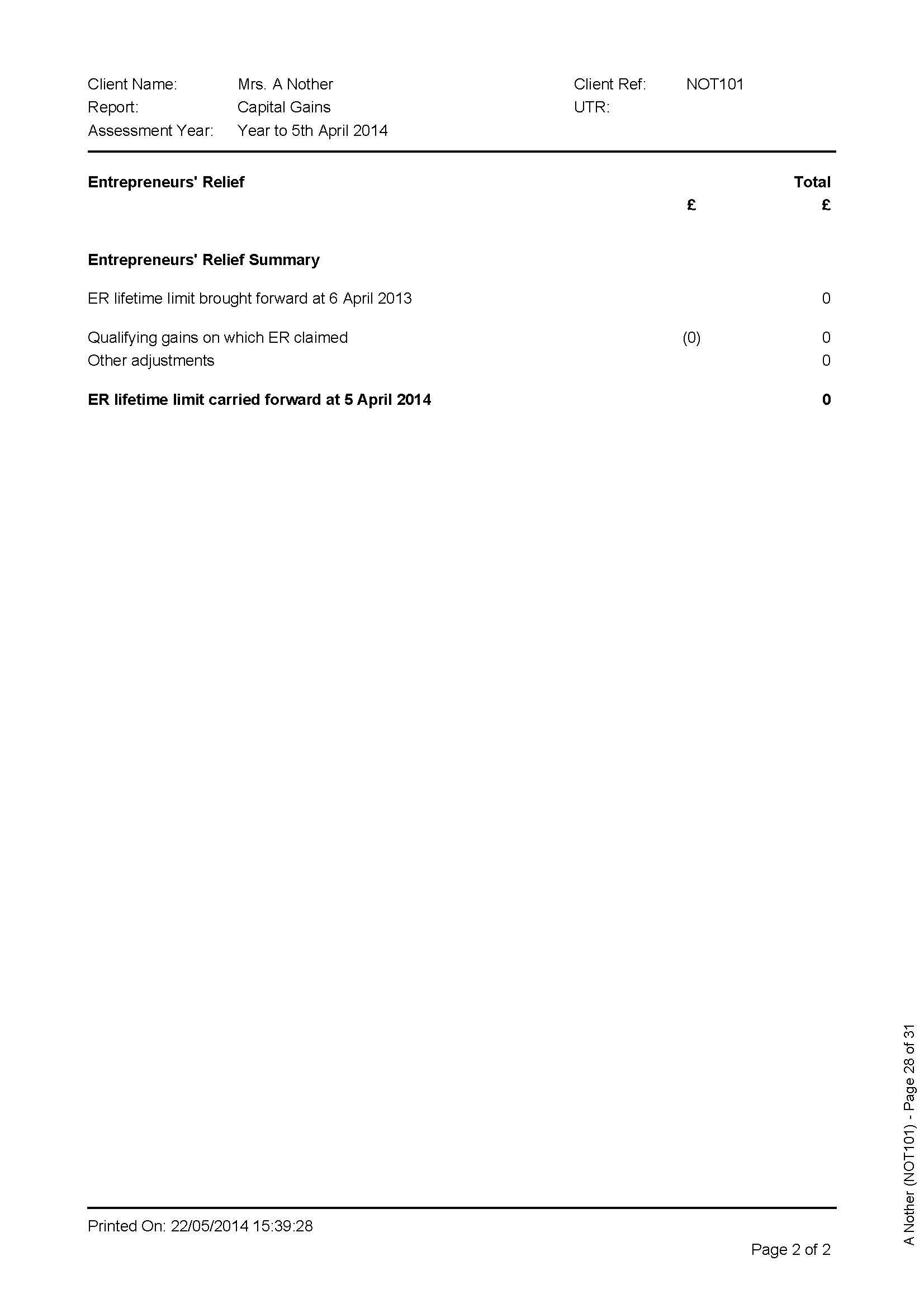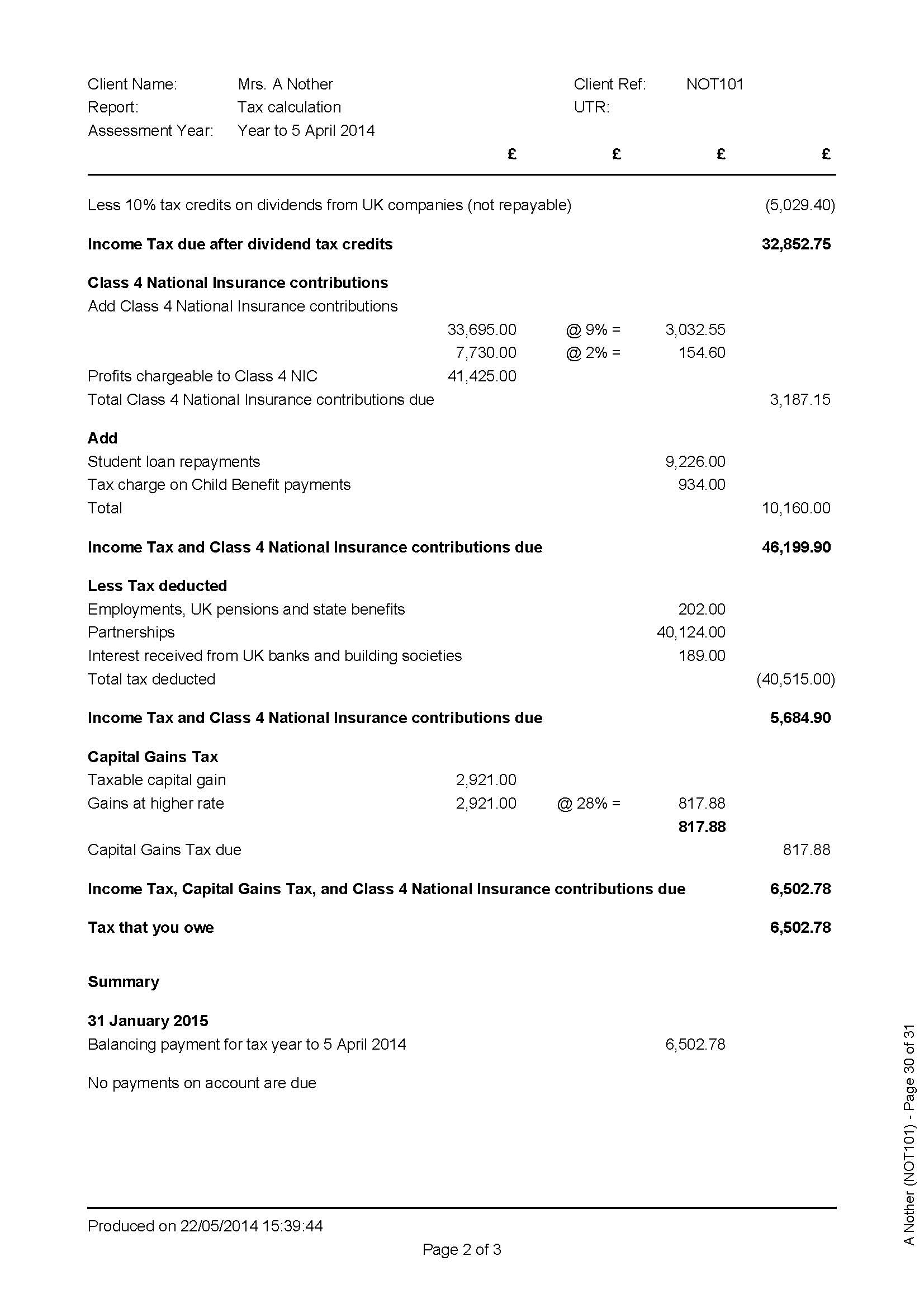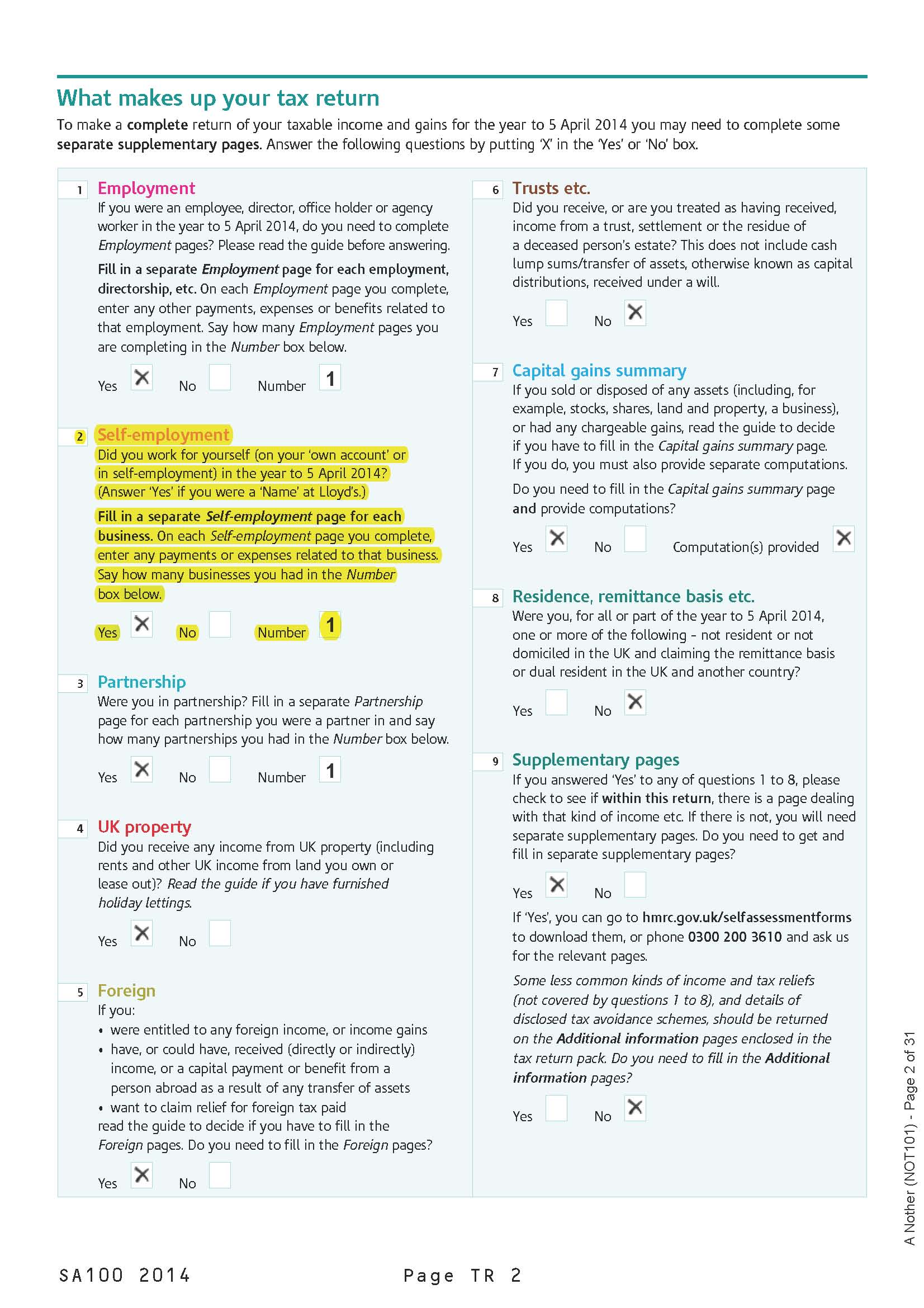What do I get when I buy this product?
A basic sole trader self assessment tax return made easy.
This product is designed to meet the HMRC requirements for self assessment for self employed sole traders. Prepared by an ACCA registered chartered accountant.
Who should buy this product?
If you are a self employed sole trader you can easily purchase and this product.
Applies only to UK registered tax payers.
It’s easy: complete an online form and we will do the rest.
At your convenience
The most convenient way to prepare your tax return.
After you have purchased this product we will forward you a form to complete and request information and accounts from you.
Based upon those replies one of our tax specialists will prepare your tax return.
No need to attend accountant’s offices, this purchase is completed online from the convenience of your office or the comfort of your home.
Price promise
Fixed price. No more unexpected, unexplained accountant’s bills.
We will prepare your tax return ready for you to file yourself or we will file it for you. If you want us to file your tax return simply add FILING to your shopping trolley when requested.
Guaranteed - NO MORE MISSED DEADLINES
If you provide us with the information in the exact format which we request it and within our specifically stated timeframes we guarantee that we will prepare your return within HMRC’s filing deadlines.
What are a Sole trader’s statutory obligations?
All self employed people (even if they have other part-time or full-time employment) have legal duty to:
1. Register with HMRC within 3 months of beginning to trade.
2. Each tax year prepare and complete a set of accounts the figures from which are used to:
3. Prepare and file an individual self assessment tax return (SA100).
1. Register with HMRC.
Each tax year prepare and file a self assessment tax return.
What this product includes:
The product images show exactly which sections of a tax return are included with this product.
Every sole trader gets the basic tax return issued to them by HMRC. There are other, ‘supplementary’, pages covering the less common types of income, and disposals of chargeable assets.
If you need or think you may need any other sections, or other supplementary sections, please see ‘other sections of the tax return which may apply’ and add those to your basket. However we will contact you with a detailed questionnaire after you purchase the product to check if you have included everything you will need.
The basic Tax return (SA100) for Sole Traders includes the following*;
1) An evaluation which identifies any issues in your records which may affect your tax return and advice how to correct this.
2) Preparation of a basic SA100 Self Employed Sole Trader’s tax return to draft copy including;
a) SA100 TR1 questions 1 – 4 Your personal details
b) SA103 TR2 section 2* Self Employment income pages
c) SA100 TR7 questions 15 – 18 your tax advisor
d) SA100 TR8 questions 20 – 21 declaration
3) Your questions answered.
4) Amendments to your tax return
5) Final SA100 Self Assessment tax return ready for filing.
If you have more complicated tax affairs for example, if you have another employment, stocks and shares income, or are a landlord then you should bolt on to this purchase one of our additional products which will ensure that your tax affairs are properly stated. Any questions where to?
*If you have more than one self employed business you will need to select the SA103 self employment bolt on product.
Simply provide us with the information we request and we will produce your SA100 tax return for you ready to file. You will be able to ask your Helpbox chartered accountant questions.
Sage accountancy
software
Provide us a back up of your sage (inc. Sage Instant
Accounts, Sage 50 Accounts) software using the Helpbox upload bay. We will then
prepare your annual accounts from your sage software. Preparing annual accounts
from sage via Helpbox is probably the most affordable way to prepare your
annual accounts.
Who are HMRC?
Her Majesties Revenue and Customs (HMRC) are responsible for
collection of all taxes in the UK, commonly known as the ‘Taxman’.
How to Register
as an employer with HMRC
An employer has a need to register the business with Her
Majesties Revenue and customs HMRC, commonly known as the ‘Taxman’.
Dealing with HMRC and
paying tax
External functions include providing information
to Government agencies most commonly Her Majesties Revenue and Customs
What
is a self employed person?
The UK Government is keen for more people to set up in business a
self-employed. One of the key attractions for becoming self employed is that
you no longer have to work for someone else. You are your own boss. Being your
own boss requires new start up business owner to be responsible for their own
sick pay, and paying your own taxes and pension provision.
What
is a self employed business entity?
Once you have decided to take the plunge and you start up your own new
business then you need to consider what kind of entity will operate your
business. Sole trader, partnership, or a limited liability company.
Registering as self employed with HMRC
start-up businesses choose simple self employment and trade their new business
as a sole trader. Whatever entity you choose you must register that you are
self employed with Her majesties Revenue & Customs HMRC. As well as
registering online with HMRC for self assessment tax returns. You should also
consider how you will pay your National Insurance contributions NIC’s
Everyone who as a full time or part time income has to tell
Her Majesties Revenue and customs HMRC, commonly known as the ‘Taxman’, what
tax is due to the UK Governments exchequer.
Self employed people do this by filing an HMRC tax form
called a Self Assessment Tax return and is given the file name SA100. Its not
just self employed people who have to file a HMRC SA100 Tax return. Other
employed people including directors of limited liability companies, higher rate
tax payers, if you have a separate part-time income from self employment, such
as income from renting property, some kinds of pensions and stocks and shares.
Partners in a business Partnership are self employed and
must register with HMRC and file a SA100 self assessment tax return each year.
The tax return has to be filed each year before 31stJanuary and any income relating to the previous years income between 6th April and the
following 5th April. For example:
On the 31st January 2016 HMRC self assessment tax
return you have to account for income relating to the period 6thApril 2014 until 5th April 2015.
It is important to employ a tax accountant to prepare a set
of year end annual accounts profit and loss schedule for the relevant tax
period. A self employed person such as a sole trader or a partner in a business
partnership is allowed to offset their business expenses against their income.
Including purchase receipts which are verified by bank statements helps reduce
the profit and as a consequence reduce the amount of tax payable to HMRC.
It is very important to understand the UK HMRC
tax rules because if the HMRC tax rules say you should register for self
assessment tax assessment, and file an HMRC SA100. If you do not file a tax
return then you are liable to sever, fines and penalties, which will be imposed
on you by HMRC. In more serious cases where the taxpayers is considered to have
ignored their duty to register with HMRC for the purposes of declaring their income,
can face criminal charges which carry penalties of fines and imprisonment.
Company directors should be aware of their obligation to
register their directorship with HMRC so that they can have their income
assessed for possible taxation.
Everyone who as a full time or part time income has to tell
Her Majesties Revenue and customs HMRC, commonly known as the ‘Taxman’, what
tax is due to the UK Governments exchequer.
Self employed people do this by filing an HMRC tax form
called a Self Assessment Tax return and is given the file name SA100. Its not
just self employed people who have to file a HMRC SA100 Tax return. Other
employed people including directors of limited liability companies, higher rate
tax payers, if you have a separate part-time income from self employment, such
as income from renting property, some kinds of pensions and stocks and shares.
The tax return has to be filed each year before 31stJanuary and any income relating to the previous years income between 6th April and the
following 5th April. For example:
On the 31st January 2016 HMRC self assessment tax
return you have to account for income relating to the period 6thApril 2014 until 5th April 2015.
It is important to employ a tax accountant to prepare a set
of year end annual accounts profit and loss schedule for the relevant tax
period. A self employed person such as a sole trader or a partner in a business
partnership is allowed to offset their business expenses against their income.
Including purchase receipts which are verified by bank statements helps reduce
the profit and as a consequence reduce the amount of tax payable to HMRC.
It is very important to understand the UK HMRC
tax rules because if the HMRC tax rules say you should register for self
assessment tax assessment, and file an HMRC SA100. If you do not file a tax
return then you are liable to sever, fines and penalties, which will be imposed
on you by HMRC. In more serious cases where the taxpayers is considered to have
ignored their duty to register with HMRC for the purposes of declaring their income,
can face criminal charges which carry penalties of fines and imprisonment.

